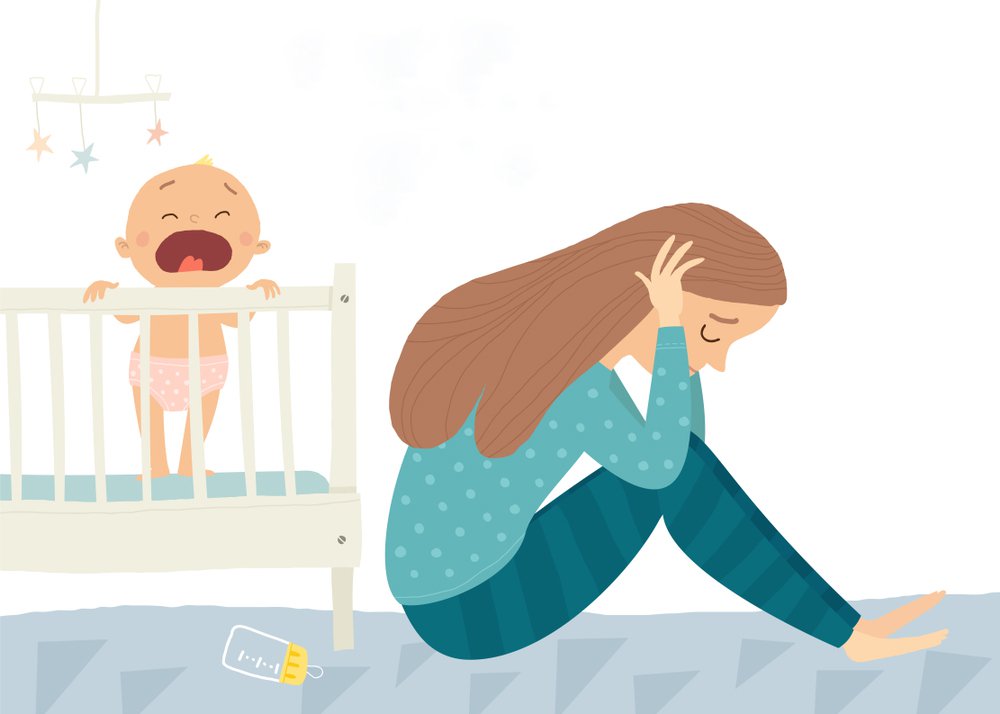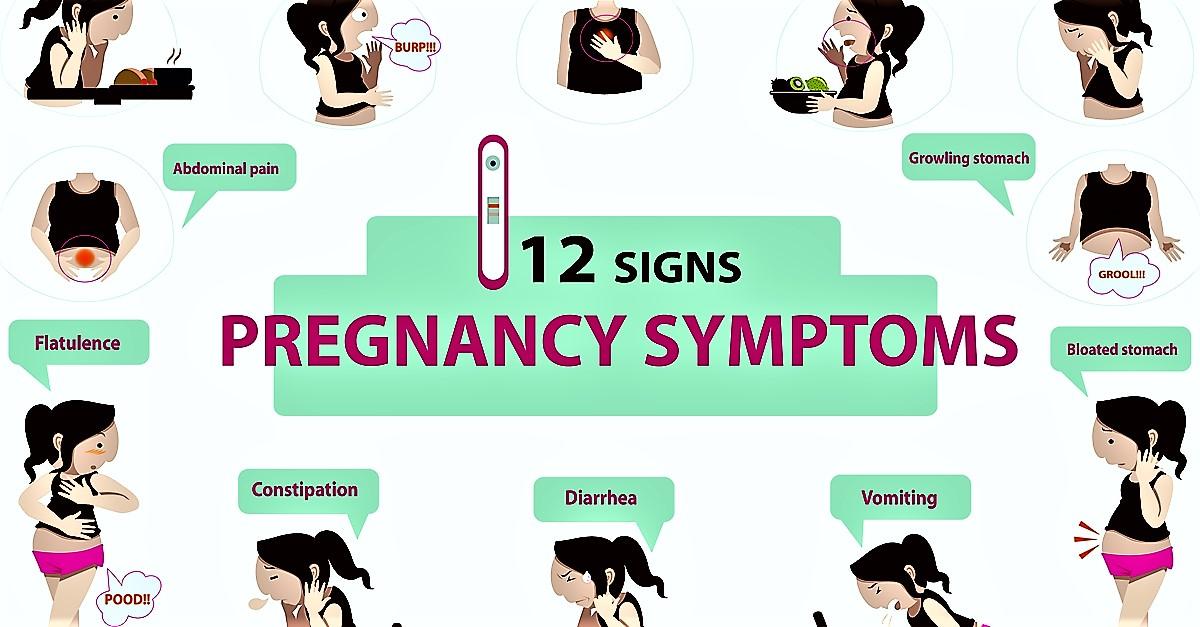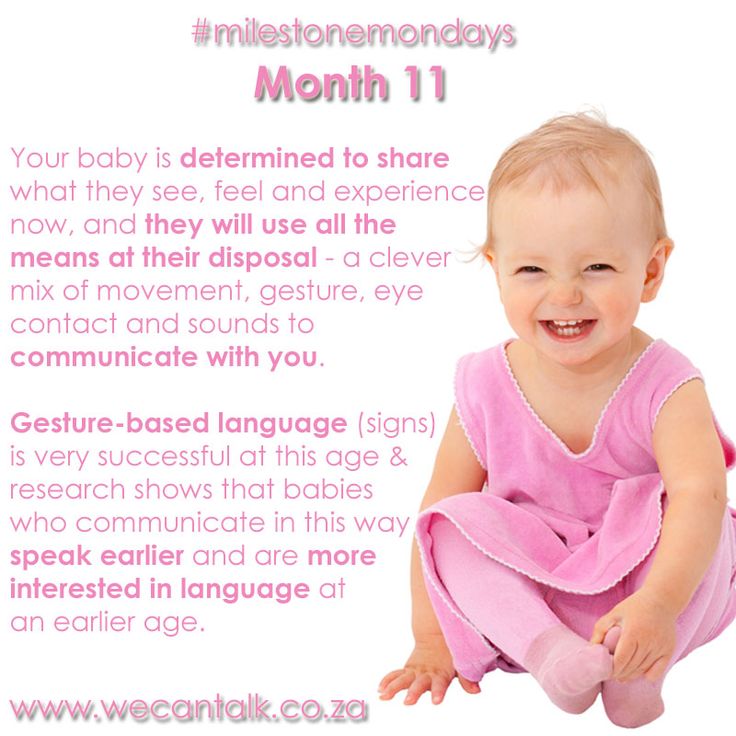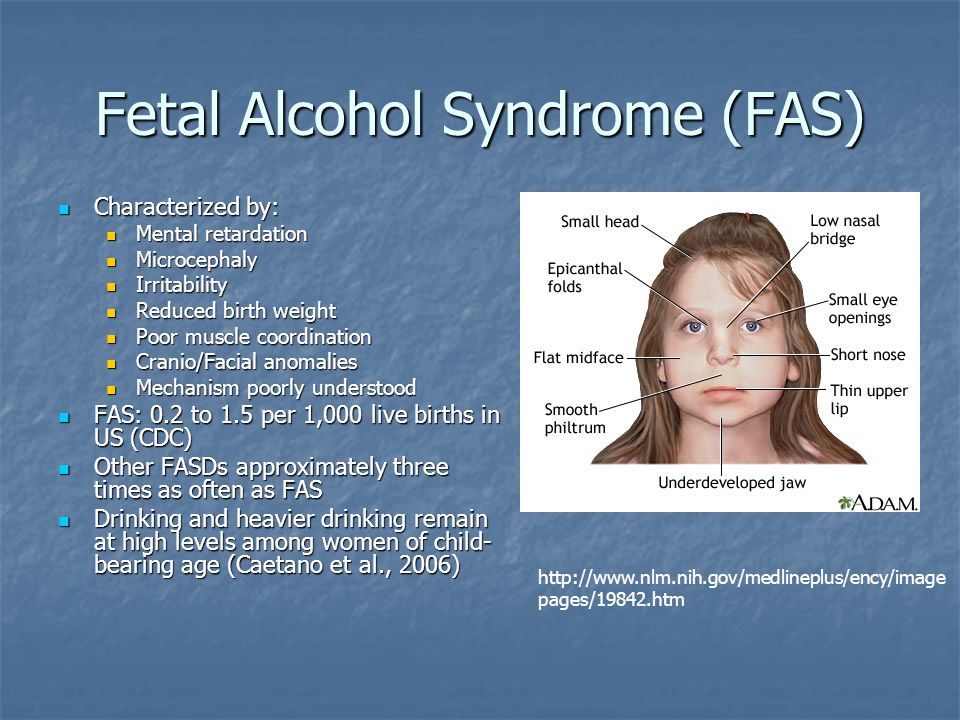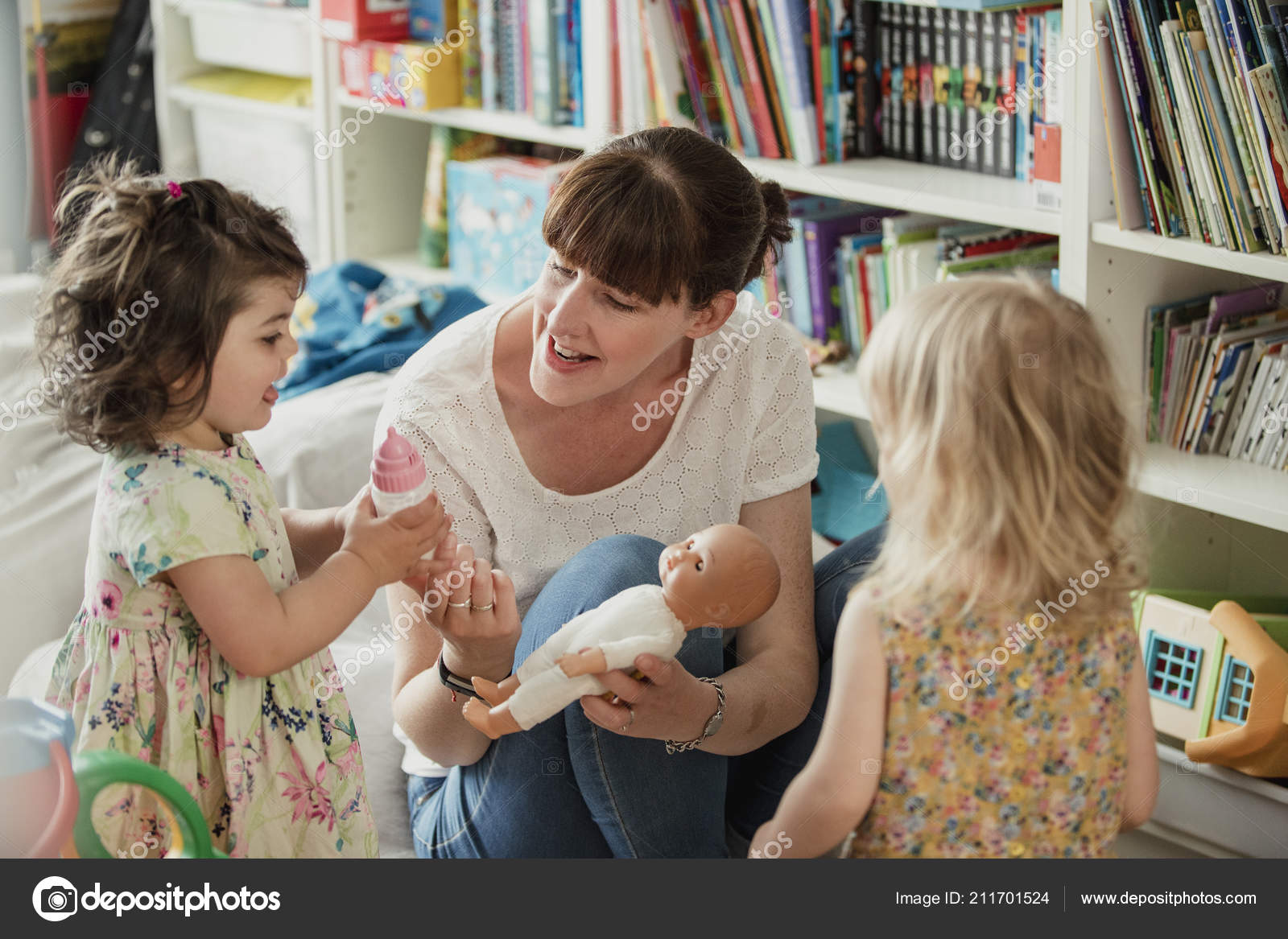How much is it to adopt a child in ohio
Adoption Costs
November 27, 2018 | Agency
In Ohio, the cost of adopting a child can vary greatly depending on the type of adoption and the type of agency you choose. Adopting a child from foster care is usually fairly inexpensive. Most costs are minimal and related to the homestudy – for example, medical forms, background checks and fire inspections – and many agencies cover those costs to save families the expense.
Private agencies and attorneys can help with many different types of adoption, though some specialize in infant or international adoption, which can range from $10,000 to $50,000. Having a private adoption agency complete your homestudy to adopt a child in the custody of a public children services agency (PCSA) is significantly less expensive. Some private agencies do not charge families for homestudies when the family is adopting a child from the child welfare system.
To make adopting children with special needs and older children more affordable, several types of subsidies are available. Your adoption assessor can provide more information regarding eligibility and how to apply.
Title IV-E Adoption Assistance
Many of the children in foster care who are available for adoption are eligible for Title IV-E Adoption Assistance. This federal subsidy provides financial assistance to families based on the child’s special needs at the time of the adoptive placement. The benefits may include a monthly payment and/or Medicaid card. For the child to be eligible, he or she must meet the definition of special needs and one of several other strict criteria, each of which has varying requirements. Factors considered include such things as the age of the child and length of time the child has spent in foster care. A child must have previously been in the custody of a public or private children services agency or be eligible for Supplemental Security Income, in which case he or she is automatically eligible. Children adopted internationally are not eligible.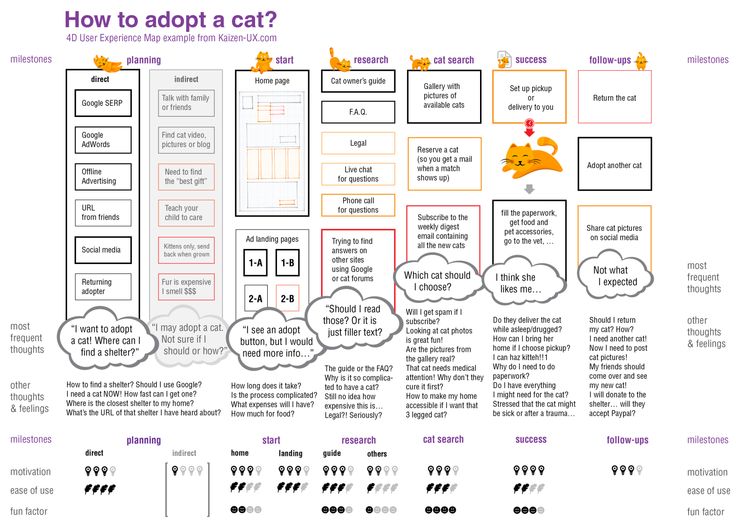
Adoption Assistance Connections (AAC) to Age 21
AAC provides financial assistance to eligible families who adopt children at ages 16 and 17 and then continue to support them as they transition to adulthood. Families may receive a monthly payment and/or Medicaid coverage, and that support may continue until the young adult reaches age 21, as long as other eligibility criteria are met. Unlike the other subsidies, which are administered by the counties, AAC is administered by the state. It was developed to help families who adopt older youth but are not eligible for continued Title IV-E Adoption Assistance when their child reaches age 18.
To be eligible, the young adults must meet all of the following criteria:
- Have been in the permanent custody of an Ohio PCSA
- Have been 16 or 17 when the Adoption Assistance Agreement was signed
- Have finalized their adoption before they turned 18
- Not be married
- Not be in the military
- Have adoptive parent(s) who are continuing their parental responsibility
- Meet at least ONE of the following five requirements:
- Completing secondary education or a program leading to an equivalent credential
- Enrolled in an institution that provides post-secondary or vocational education
- Participating in a program or activity designed to promote, or remove barriers to, employment
- Employed for at least 80 hours a month
- Incapable of doing any of the above activities due to a medical condition, as documented by a qualified practitioner
Nonrecurring Adoption Expenses Subsidy
Nonrecurring adoption expenses are one-time expenses directly related to the legal adoption of a child with special needs. This program provides payment or reimbursement for such expenses as attorney’s fees, court costs, transportation costs, and the reasonable costs of food and lodging. Payment or reimbursement also is available for costs associated with the adoption homestudy, such as health examinations and reasonable and necessary adoption fees. Family income is not taken into consideration.
This program provides payment or reimbursement for such expenses as attorney’s fees, court costs, transportation costs, and the reasonable costs of food and lodging. Payment or reimbursement also is available for costs associated with the adoption homestudy, such as health examinations and reasonable and necessary adoption fees. Family income is not taken into consideration.
State Adoption Maintenance Subsidy (SAMS)
SAMS is a financial assistance program funded entirely by the state. It provides monthly subsidies to families that adopt children with special needs who are ineligible for Title IV-E Adoption Assistance. Children who qualify also may be eligible for Medicaid coverage. To be eligible, the adoptive family’s gross income must not exceed 120 percent of the median income of a family of the same size. A child who is eligible to receive Title IV-E Adoption Assistance is not eligible to receive SAMS.
Post-Adoption Special Services Subsidy (PASSS)
PASSS funds may be available to families after adoptions are finalized.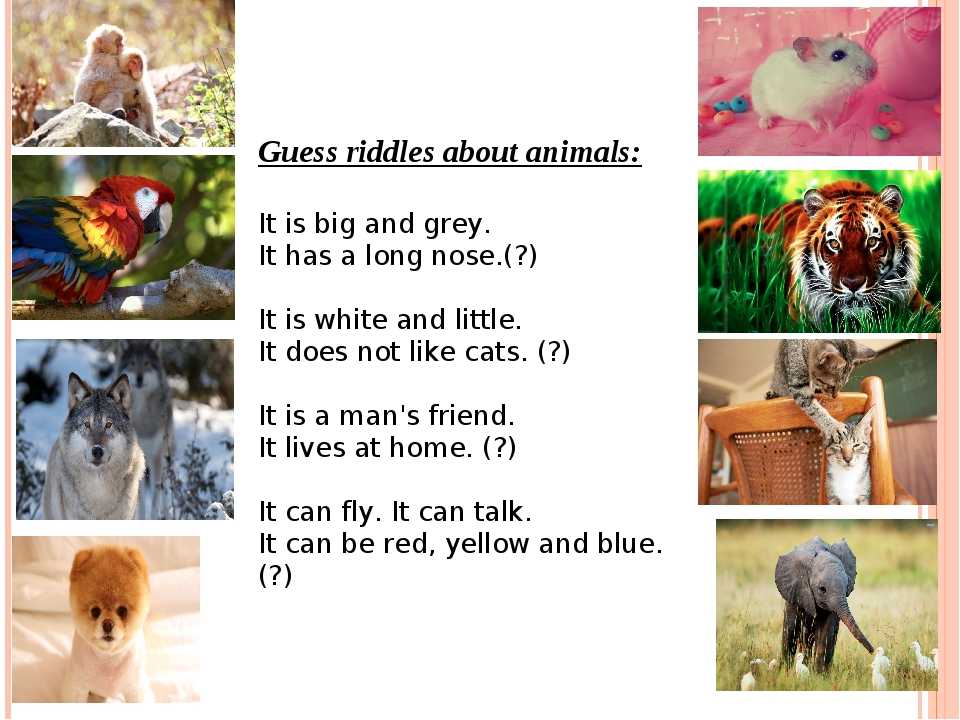 It is intended to pay for services not covered by other subsidy programs, insurance programs or Medicaid. Services covered can include such things as medical or psychological services, respite care and/or the maintenance costs of residential treatment programs that may be needed temporarily to stabilize a child in crisis. PASSS will not cover educational or recreational services, activities designed solely to improve self-esteem, or expenses incurred by stepparents adopting children.
It is intended to pay for services not covered by other subsidy programs, insurance programs or Medicaid. Services covered can include such things as medical or psychological services, respite care and/or the maintenance costs of residential treatment programs that may be needed temporarily to stabilize a child in crisis. PASSS will not cover educational or recreational services, activities designed solely to improve self-esteem, or expenses incurred by stepparents adopting children.
To qualify for PASSS, the following criteria must be met:
- The child must have a physical or developmental disability or mental or emotional condition.
- The child’s disability or condition must have existed before the adoption was finalized or must have been caused by a pre-adoptive condition.
- The child must be younger than 18 or, if the youth has a mental or physical disability, younger than 21.
- The family must have explored other sources of assistance but found them to be inadequate or not available to meet the needs of the child.

- The expenses must be beyond the economic resources of the adoptive family.
- The child must not be in the custody of a public or private children services agency.
- The family must live in Ohio.
Medicaid
Children who qualify for Title IV-E Adoption Assistance are automatically eligible for Medicaid benefits. Children who receive SAMS can receive Medicaid, but only if the county agency that had custody determines that the child has a disability that warrants coverage.
Tax Credits
Both Ohio and the federal government allow families who adopt to receive tax credits for the year in which the adoption was legalized.
The State Adoption Tax Credit is limited to a set amount per child. Any unused amounts can be carried forward for up to five years. For more information, talk to your tax professional, visit tax.ohio.gov or call the Ohio Department of Taxation at (800) 282-1780.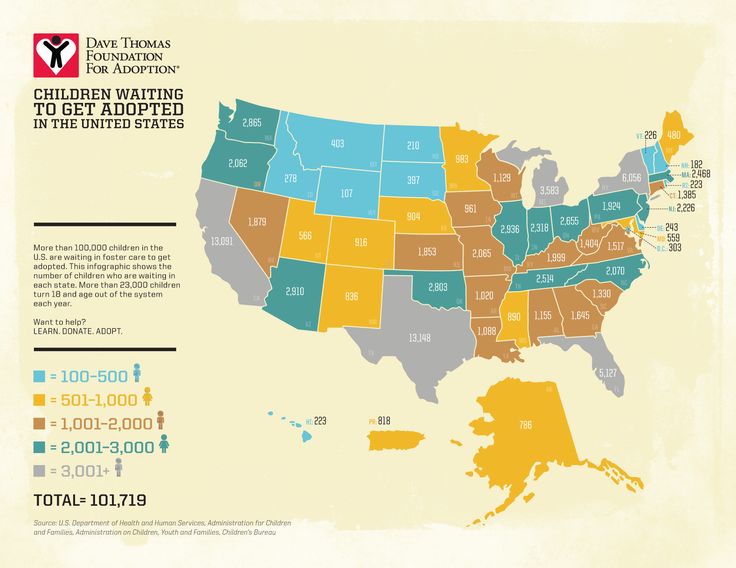
The Federal Adoption Tax Credit can be used for qualifying expenses paid to adopt an eligible child. Families have five years to use the entire credit. For more information, talk to your tax professional, visit irs.gov or call the IRS at (800) 829-1040.
Additional Information
- Adoption Subsidies Guide from the Ohio Department of Job and Family Services
- Planning for Adoption: Knowing the Costs and Resources from the Child Welfare Information Gateway
- Am I Eligible for Adoption Assistance? from the U.S. Children's Bureau
To report child abuse in Ohio, call 855-OH-CHILD
American Adoptions - Ohio Adoption Costs [How to Budget]
If you’re wondering “How much does private adoption in Ohio cost?” because you want to accurately budget for your adoption, American Adoptions can help.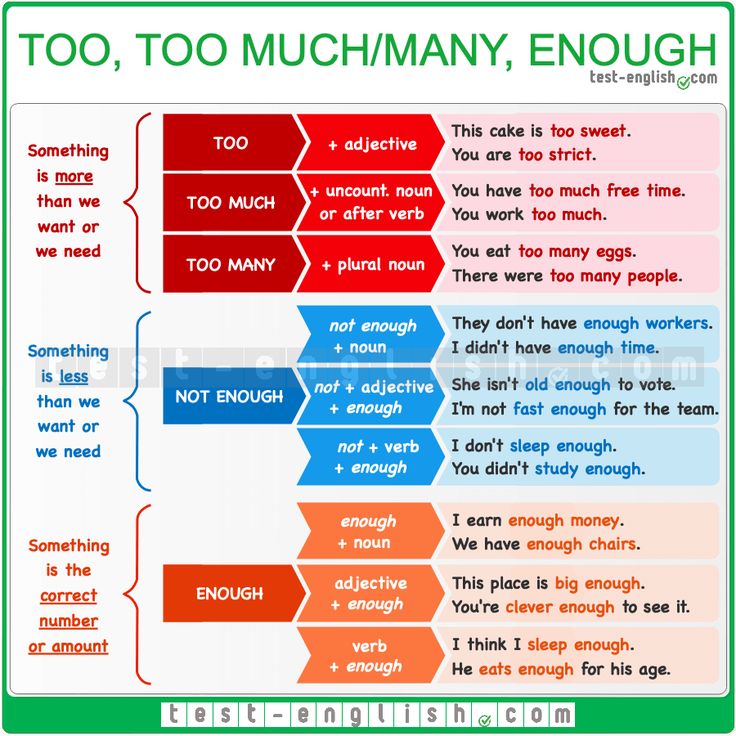
You can’t put a price on the love and joy that comes with starting a family or adding a new little member. Unfortunately, the many important services required to complete an adoption do come with costs. But it is so worth every cent.
You should never feel guilty for wondering about the cost of adoption in Ohio. In fact, it’s an important and responsible thing to consider. We understand how eager you are to start your family, and you don’t want anything to stand in your way.
American Adoptions values transparency and we will never mince words when it comes to providing you with accurate information about your adoption. When you choose us as your adoption agency, you will always get the quality of service you pay for with the honesty you’re entitled to.
If you’re a prospective birth family wondering how you can receive adoption financial assistance, you can learn more here. The most important thing to know, as a woman considering placing her baby for adoption, is that adoption does not cost anything for you.
For hopeful adoptive parents with questions about Ohio adoption fees, continue reading below to get answers to three common questions.
1. What are Adoption Costs in Ohio?
The cost of adoption in Ohio will vary depending on the adoption professional you work with and the birth mother expenses in question. On average, infant adoption in Ohio costs between $40,000 to $50,000. These numbers might sound high, but we promise when you work with American Adoptions, you get what you pay for, and it is we’ll make it worth every penny.
Unlike many other agencies, we have a fixed agency fee. You’ll never have to worry about hidden fees popping up when you least expect. Regardless of how long your adoption takes, our fixed rate will never change. Every adoption is different and you shouldn’t have to pay more based on how long yours takes.
A lot of the money you pay goes towards professional services we provide the hopeful adoptive families we work with such as:
-
Counseling and guidance
-
Adoption seminars
-
Coordinating and facilitating the adoption process
-
Performing home studies
-
Case management and documentation
-
Post-adoption support
All of these services contribute to a successful, safe and ethical adoption process. That protects you, the prospective birth parent and, most importantly, the child.
That protects you, the prospective birth parent and, most importantly, the child.
2. What Are Birth Parent Expenses, and How Do They Factor in the Cost of Child Adoption in Ohio?
In the adoption process, the adoptive family is often asked to help cover pregnancy-related expenses of the birth parents. All birth parent expenses are court-approved and usually include essential items such as:
-
Rent
-
Utilities
-
Groceries
-
Medical expenses
-
Maternity clothing
-
And more
The total of all of these expenses will vary from birth mother to birth mother, and will depend on her unique situation. The expenses of the birth parents are included in the overall adoption expenses in Ohio, but these expenses can shift depending on the needs of the prospective birth mother during the process.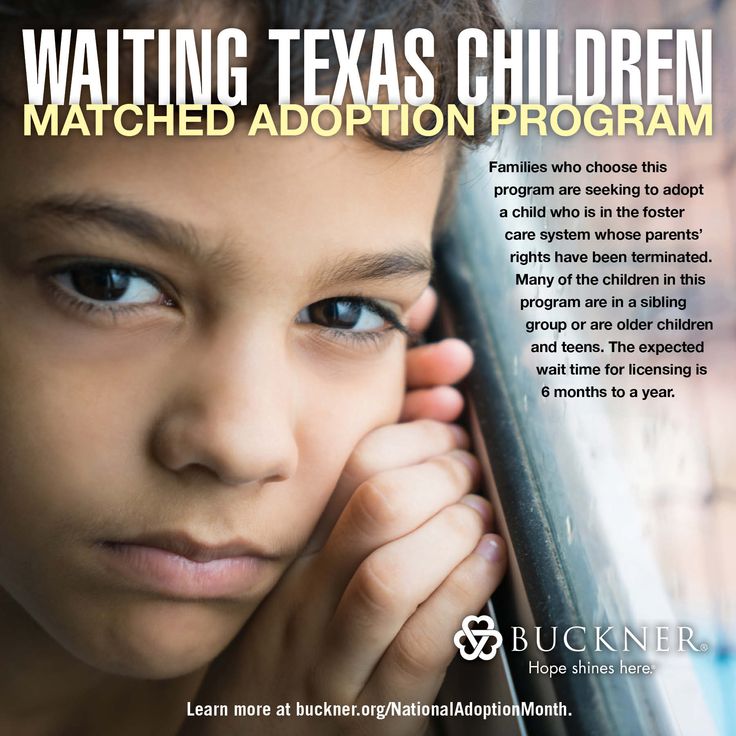
American Adoptions mediates these funds by assessing the specific needs of the expectant mother. These funds will then need to be approved by a state court. From here, American Adoptions will then go through the process of paying third parties such as doctors, utility companies, landlords, mortgage companies, etc.
In the instance of an adoption disruption, we have safeguards in place to protect you. An adoption disruption is uncommon, but they do happen. When you work with American Adoptions, our Risk-Sharing Program will directly refund all agency fees, living expenses and termination fees in the event of an adoption disruption. This guarantees you security and freedom if the expectant mother changes her mind.
“We chose American in large part because of the insurance policy, and then, secondarily, the number of placements,” Cathy, an adoptive mother, said. “We were looking at agencies that were smaller and closer to us… but the fact that we could get a placement potentially between three and nine months — and it ended up being less than that — those were definitely motivating factors.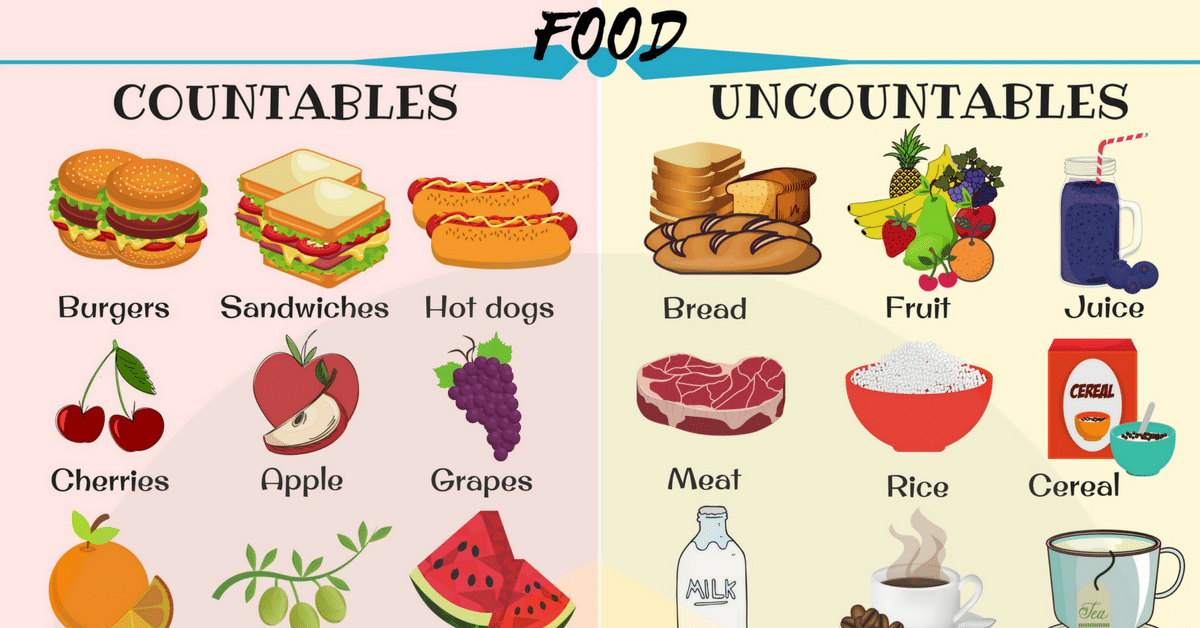 ”
”
3. How Can You Budget for Adoption Expenses in Ohio?
While there can be variable expenses in your Ohio adoption process, you will be able to set a budget when beginning your adoption process. American Adoptions does everything possible to make sure that the total cost of your adoption never exceeds your adoption budget.
When you start your adoption process, your adoption specialists will sit down with you to fill out an Adoption Planning Questionnaire (APQ) where you can set your expectations and preferences for your adoption experience.
You will be able to set a minimum and maximum budget for your adoption so that your adoption specialist will be able to ensure you can cover your Ohio adoption fees. If a service ever pushes you past the limits of your budget, you always have the freedom to decline the service. American Adoptions will never make you spend more than what you’re comfortable with. However, if you are willing to increase your budget to afford something in your adoption process, you are able to do this as well.
The only variable fees that you will see during your adoption process are the expenses of the birth parent and, possibly, any unexpected legal fees. The expenses of the birth parent will vary depending on their individual situation and will always be court-approved. Other adoption agencies may charge you separately for advertising. With American Adoptions, advertising is included in our fixed agency fees, so you will never have to worry about running up your total adoption cost while trying to find an adoption opportunity.
Begin your Ohio Adoption Today
You can’t put a price on having the family you have always wanted. While voicing your concerns about adoption the average cost of adoption in Ohio can be uncomfortable, it’s a valid concern.
When choosing American Adoptions for your Ohio adoption, there will never be any hidden fees. We will always be upfront and forthcoming when it comes to any questions about the cost of child adoption in Ohio.
If you have more questions about the price of adoption in Ohio, you can get the answers you need online.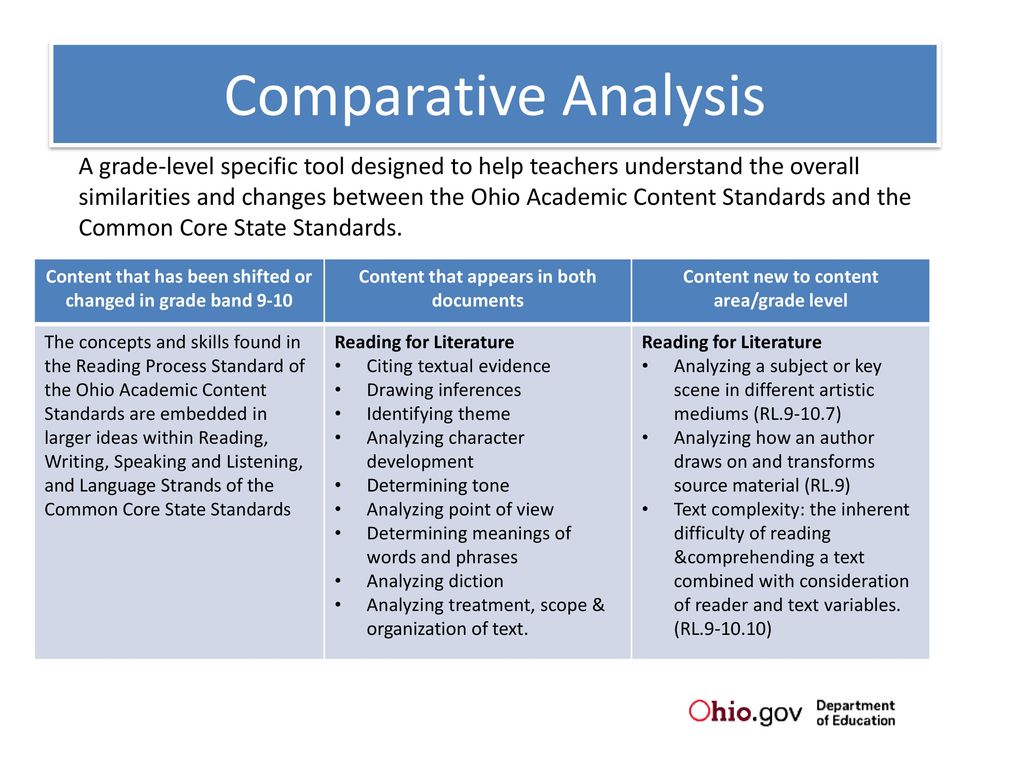
Disclaimer
Information available through these links is the sole property of the companies and organizations listed therein. America Adoptions, Inc. provides this information as a courtesy and is in no way responsible for its content or accuracy.
Request Free Information
Join Us Now
adoption procedure, conditions, documents, rights and obligations of adoptive parents
Tamara Skokova
creates a benefit for the family
Author profile
As of the end of 2022, 38 thousand children were brought up in Russian orphanages.
In the understanding of many people, "to adopt a child" means to take an orphan from an orphanage. However, from a legal point of view, everything is not so simple. Today in Russia there are several forms of family placement for children, and they are regulated differently by law.
I worked in the guardianship and guardianship authorities for 17 years, 14 of them as a supervisor. In the article I will tell you who and under what conditions has the right to take a child into a family, what documents are required for adoption and how the procedure takes place.
In the article I will tell you who and under what conditions has the right to take a child into a family, what documents are required for adoption and how the procedure takes place.
What is adoption of a child
In Russia, there are several forms of placement of orphans and children left without parental care. Federal legislation establishes three main ones: adoption, guardianship and guardianship, foster family. At the regional level, others may be provided, but so far this is only patronage. Briefly describe how they differ from each other.
Custody and guardianship. The most common form of placement for children: often an intermediate step on the path to adoption.
Guardianship and Custody Act
Guardianship is established over children under 14 years of age, and guardianship over minors from 14 to 18 years of age. Guardians and trustees have all the rights and obligations of a legal representative in matters of upbringing, education, maintenance of the child and responsibility for him.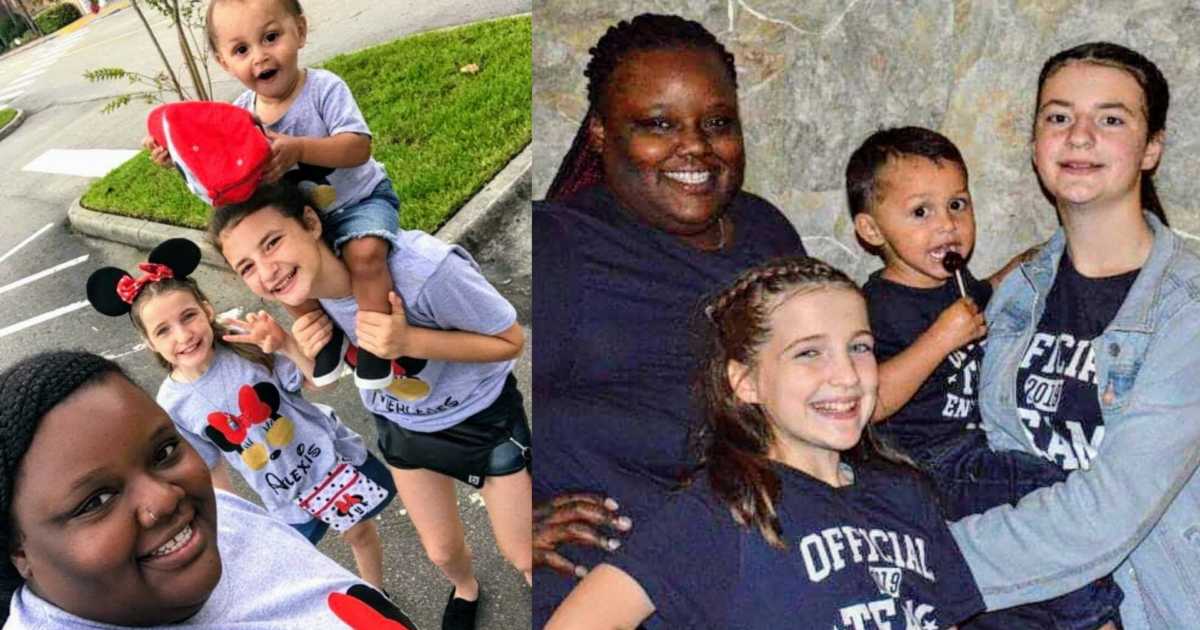
Unlike the guardian, the guardian is liable for harm caused by the ward. He is also obliged to make transactions on behalf of the ward, except for those that the child can conclude personally: for example, these are donation transactions when a minor receives some thing or money as a gift.
Art. 1073, paragraph 2 of Art. 26 of the Civil Code of the Russian Federation
The trustee usually must give consent to the transactions of the ward, with a few exceptions: for example, minors aged 14 to 18 years have the right to manage their income or make small household transactions.
Art. 12.1 of the Federal Law on state benefits to citizens with children
p. 3 art. 38.1 of the Social Code of the Belgorod Region
Monthly, the guardian and trustee are paid an allowance for the maintenance of an orphan child. Its size depends on the region: for example, in the Belgorod region, where I live, in 2023 the allowance is 11,713 R.
In addition, guardians are entitled to a one-time payment from the federal budget - 22,909.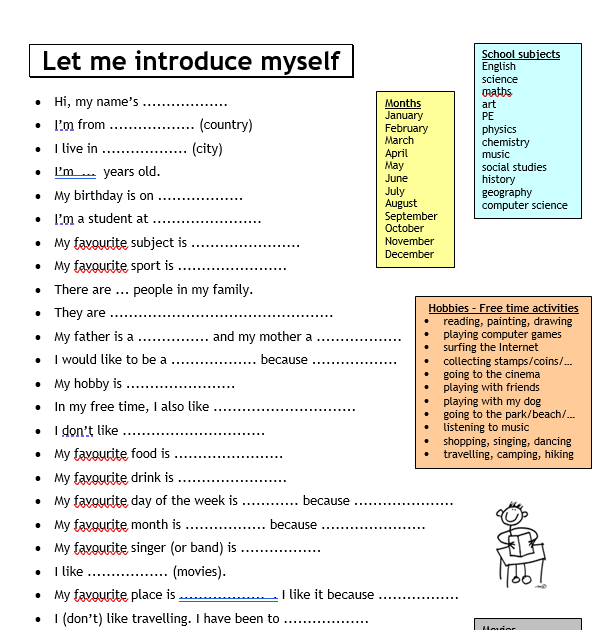 03 R. This amount is set for all guardians from the Russian Federation, regardless of place of residence.
03 R. This amount is set for all guardians from the Russian Federation, regardless of place of residence.
Lump-sum allowance when a child is brought up to a family
If a child is brought up by a guardian or custodian, the biological parents are not released from the obligation to support him and must monthly transfer alimony to his personal account: the amount of payments is determined by the court.
Art. 148, paragraph 2 of Art. 71 SK RF
In this case, whether the biological parents will be able to communicate with the child is decided by the guardian or trustee, but if the child is 10 years old, then his opinion will be taken into account.
Art. 148.1 SK RF
Foster family. This form of arrangement is similar to guardianship, but in addition to child support and a lump sum payment, foster parents also receive remuneration for their work.
Art. 152 SK RF
The amount depends on the region of residence. For example, in 2023 in Moscow it is 19965 R, and if the family accepts a child with a disability, then 33,941 R.
For example, in 2023 in Moscow it is 19965 R, and if the family accepts a child with a disability, then 33,941 R.
clause 2.5.1 of Appendix 1 to the Decree of the Government of Moscow on establishing the amount of social payments for 2023
In the Belgorod Region, foster parents are paid 8744 R per month for the first child taken into the family, and for each subsequent child, the amount increases by 20%. If the family accepts up to four children, the remuneration is paid to one of the parents, five or more children to both. In rural areas, there is still a monthly supplement of 25% of the remuneration due to foster parents. Foster parents have more privileges than guardians: they are provided with a 50% discount on utility bills, fuel, gas, telephone.
Law of the Belgorod Region on foster families
The period while the child is in the family is counted towards the foster parents in the insurance period for assigning a pension. The seniority can be accrued to both one parent and both - it all depends on who has concluded a civil law contract with guardianship.
Art. 7 Federal Law on compulsory pension insurance
An adopted child and biological parents can keep in touch. Foster parents have the right to prevent this only if communication does not meet the interests of the child.
paragraph 5 art. 148.1 SK RF
Patronage . Foster care is a relatively new form of family structure, in which the rights and obligations to protect the rights of children are delimited between the foster caregiver and the guardianship and guardianship authority. Regulatory documents on patronage have been adopted in 42 constituent entities of the Russian Federation, for example, in Moscow, Vladimir, Kaluga, Ivanovo and Kaliningrad regions.
Laws and regulations on patronage of the Moscow, Vladimir, Kaluga, Ivanovo, Kaliningrad regions
Foster care allows a child to live in a family both in the status of an orphan or a child left without parental care, and immediately after being removed from the family, instead of being placed in an orphanage.
The child is transferred to foster care under a fixed-term contract. The time of stay in the family is set individually: it can be a short period - up to six months or a long one - over six months. The maximum term is until the minor reaches eighteen years of age.
For a long time, a child is placed in a foster family only if, for some reason, it is not possible to transfer the child to a guardian, custodian or foster family. In this case, the foster family receives a monthly allowance from the state for the maintenance of the child. The amount is similar to that allocated for guardianship and guardianship. But the right to receive a one-time allowance when a child is adopted into a family does not apply to foster parents.
Foster care gives the child the opportunity to prepare for an independent adult life - this is difficult to do in an orphanage. But this form of arrangement has one big drawback - children often become attached to new families and parting with it causes them stress.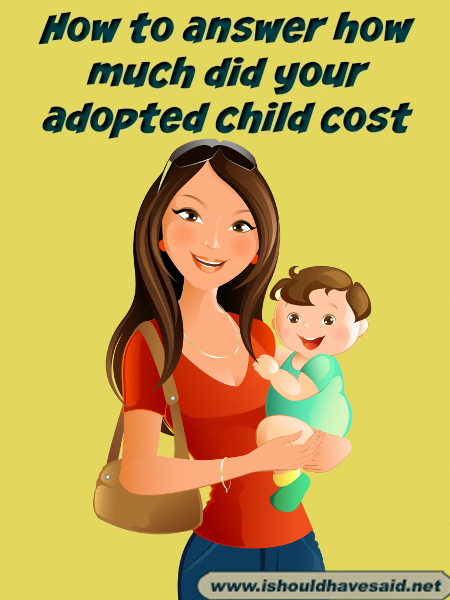 Along the way, the child does not lose touch with the blood family: he can maintain relations with his parents, if they are not deprived of parental rights and do not pose a danger to him, brothers, sisters and other people significant to him.
Along the way, the child does not lose touch with the blood family: he can maintain relations with his parents, if they are not deprived of parental rights and do not pose a danger to him, brothers, sisters and other people significant to him.
/list/sos-dd/
9 uncomfortable questions about orphans
Adoption. The Family Code of the Russian Federation considers this form of placement of children a priority: only it allows you to most effectively ensure both the interests of the child and the interests of foster parents.
Adoptive parents completely replace the child's parents. Here there is no such temporary nature of upbringing as in guardianship, guardianship or when transferring a child to a foster family. The state does not provide targeted assistance to adoptive parents, but they can count on regional social support measures, as well as those provided to all families with children.
Adoptive parents can change the child's first name, patronymic and last name.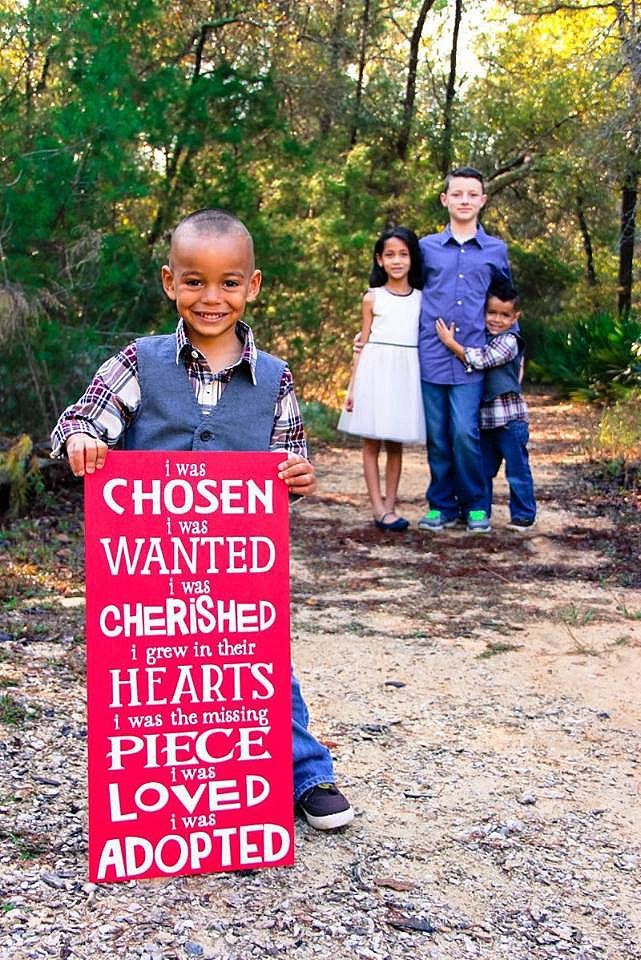 For children under one year old, even the date of birth can be changed, but not more than three months from the actual one. This is necessary to ensure the secrecy of adoption, as well as for other reasons, if the court considers them valid. I had such a case: the couple raised an adopted boy born on September 8, 2007, and then adopted a girl born on July 25, 2007. The adoptive parents asked the court to change the boy's date of birth to July 25, 2007 so that the children could be considered twins. The court granted the request.
For children under one year old, even the date of birth can be changed, but not more than three months from the actual one. This is necessary to ensure the secrecy of adoption, as well as for other reasons, if the court considers them valid. I had such a case: the couple raised an adopted boy born on September 8, 2007, and then adopted a girl born on July 25, 2007. The adoptive parents asked the court to change the boy's date of birth to July 25, 2007 so that the children could be considered twins. The court granted the request.
Art. 139 SK RF
art. 155 of the Criminal Code of the Russian Federation
In many regions, adoptive parents receive benefits for an adopted child. To apply for it, you must apply to the guardianship authorities at the place of residence. For example, in the Belgorod region, the amount of the allowance depends on how much money was allocated for the monthly maintenance of a child in an orphanage in the current year, the adoptive parent is entitled to 50% of this amount. And in the Stavropol Territory, a monthly allowance for adoptive parents is not provided, but a lump sum payment is made - 150,000 R.
cl. 1 art. 60 of the social code of the Belgorod region
art. 2 of the Law of the Stavropol Territory on the amount and procedure for assigning a lump-sum allowance to adoptive parents
In Moscow, the monthly compensation payment to persons who have adopted or adopted an orphan child or a child left without parental care in the city is: 0 to 12 years old who is not a child with a disability;
Clause 2.9 of Appendix 1 to the Decree of the Government of Moscow on establishing the amount of social payments for 2023
Also, adoptive parents are entitled to a lump-sum allowance, which is issued for all forms of family placement. From February 1, 2023, this is 22,909. 03 R. But in the case of the adoption of a disabled child, a child over seven years old, as well as children who are brothers or sisters, the allowance will be higher - 156,428.66 R. To receive a payment, you need to apply to the Social Fund of the Russian Federation at the place of residence.
03 R. But in the case of the adoption of a disabled child, a child over seven years old, as well as children who are brothers or sisters, the allowance will be higher - 156,428.66 R. To receive a payment, you need to apply to the Social Fund of the Russian Federation at the place of residence.
Lump-sum allowance when a child is placed in a family
What is the difference between the forms of placement of a child in a family
| Form | Who is considered the child's parents | What rights do carers have | What are the duties of caregivers | How the state supports child caregivers |
|---|---|---|---|---|
| Adoption | Adoptive parents | The rights of adoptive parents are identical to those of natural parents | Obligations of adoptive parents are identical to those of consanguineous parents | Adoptive parents receive payments provided by the regional authorities. Also, adoptive parents receive the right to use maternity capital, if it was not used by the birth mother, and all child benefits in accordance with age. A child who at the time of adoption has the right to a pension and benefits due to the death of his parents retains this right after adoption A child who at the time of adoption has the right to a pension and benefits due to the death of his parents retains this right after adoption |
| Custody and guardianship | Blood family | The guardian or custodian has the right to raise the child and act as his legal representative | Guardians and trustees are obliged to take care of the maintenance of the wards, to provide them with care and treatment, to protect their rights and interests. At the same time, biological parents must pay child support | Guardians and custodians receive a one-time allowance upon adoption of a child into a family, allowance for the maintenance of a ward, alimony payments, survivor's pension, if it is due to the child |
| Foster family | Blood family | Same as under guardianship | Same as under guardianship | The foster family receives a one-time allowance when the child is adopted into the family, a monthly remuneration to the foster parent for the performance of duties and an allowance for the maintenance of the child in the family, depending on the legislation of the region, and utility benefits.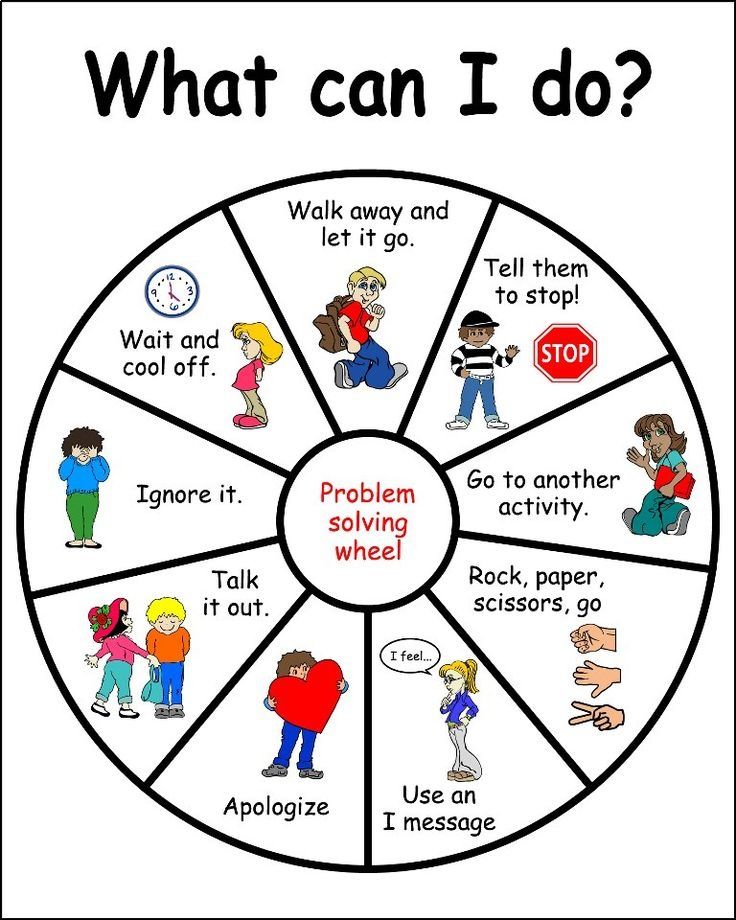 The period while the child is in the family is counted towards the foster parents in the insurance pension experience The period while the child is in the family is counted towards the foster parents in the insurance pension experience |
| Patronage | Blood family | Determine the daily routine of the pupil, resolve current issues of the pupil's life in accordance with the plan for the protection of the rights of the child and the concluded agreement | Raise a child, protect his rights and legitimate interests, take care of his health and development | The amount of payment for a foster caregiver is determined by the fixed-term employment contract of the region. The monthly payment to foster care providers for the maintenance of an orphan child or a child left without parental care is established by each region separately |
Adoption
Who is considered the parents of the child
adoptive parents
What rights arise in people who provide for child
of adoptive parents are identical to blood parents
What are the obligations to ensure care for child
The obligations of adoptive parents are identical to those of natural parents
How the state supports persons providing care for a child
Adoptive parents receive benefits provided by the regional authorities.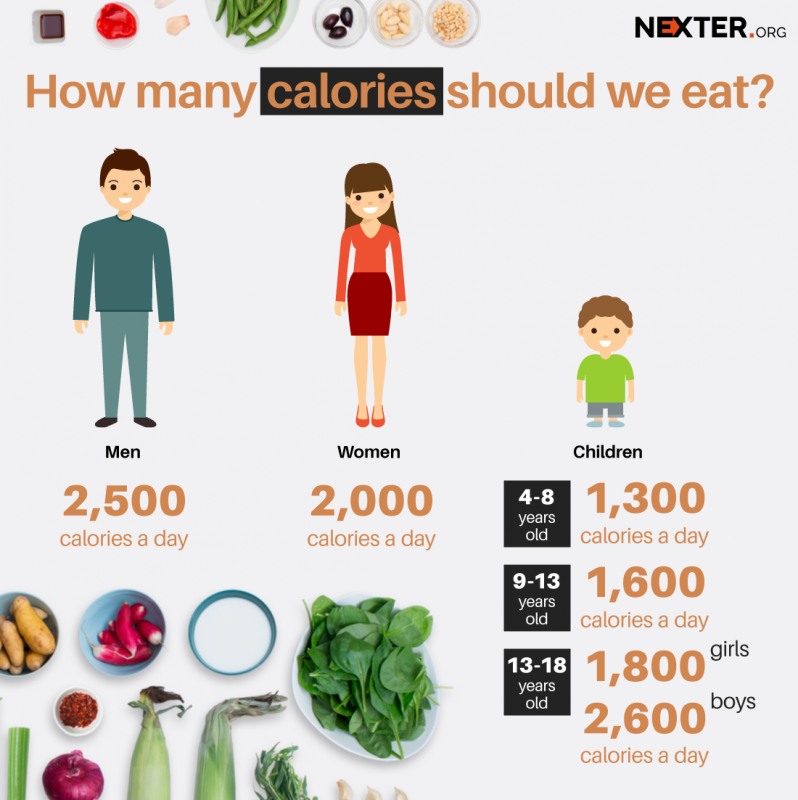 Also, adoptive parents receive the right to use maternity capital, if it was not used by the birth mother, and all child benefits in accordance with age. A child who at the time of adoption is entitled to a pension and benefits due to the death of his parents retains this right after adoption
Also, adoptive parents receive the right to use maternity capital, if it was not used by the birth mother, and all child benefits in accordance with age. A child who at the time of adoption is entitled to a pension and benefits due to the death of his parents retains this right after adoption
Guardianship and guardianship
Who is considered the child's parents
Blood family
What rights arise for persons providing care for a child
A guardian or trustee has the right to raise a child and act as his legal representative
What obligations arise for persons providing care for a child
maintenance of wards, on providing them with care and treatment, to protect their rights and interests. At the same time, biological parents must pay alimony
How the state supports persons providing care for a child
Guardians and custodians receive a one-time allowance upon adoption of a child into a family, support for the maintenance of a ward, alimony payments, survivor's pension, if it is due to a child
Foster family
rights arise for persons providing care for a child
The same as in guardianship and guardianship
What obligations arise for persons providing care for a child
Same as under guardianship and guardianship
How the state supports persons providing care for a child depending on the legislation of the region, benefits for utilities.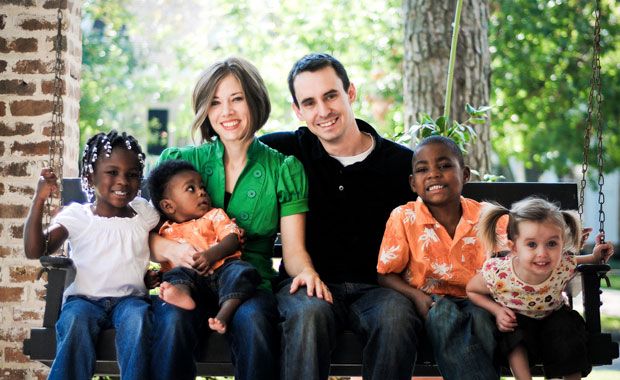 The period while the child is in the family is counted towards the foster parents in the insurance pension experience
The period while the child is in the family is counted towards the foster parents in the insurance pension experience
Employment
Who are considered the parents of the child
Blood family
What rights do caregivers have
Determine the child’s daily routine, resolve current issues of the child’s life in accordance with the contract and child protection plan
What are the responsibilities of those who care for a child
Raise a child, protect his rights and legitimate interests, take care of his health and development
How the state supports child caregivers
The amount of payment for a foster caregiver is determined by the region's fixed-term employment contract. Monthly payment to foster care for the maintenance of an orphan or a child left without parental care is established by each region separately
Who can adopt a child
Married couples or single adults can adopt a child: if citizens are not married, they cannot jointly adopt the same child.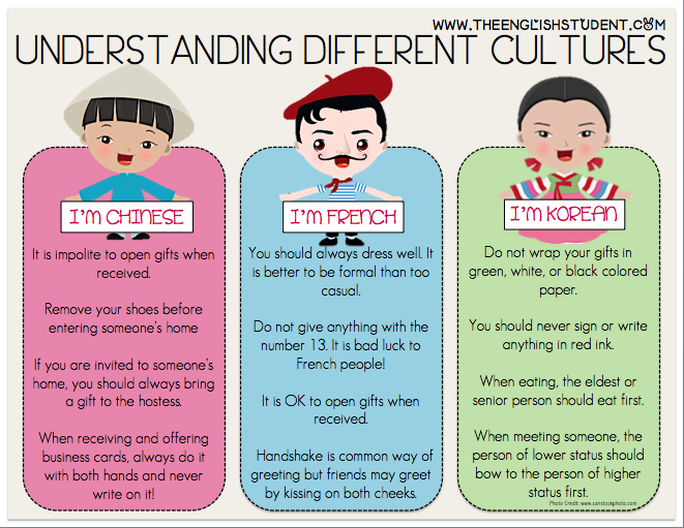
Art. 128 SK RF
Decree of the Government of the Russian Federation on approval of the rules for the transfer of children for adoption
Another important condition is that a man or woman must reach the age of majority, and the age difference between the adopter and the child must be at least 16 years. But if the adoptive parents are a married couple, and the age difference is less than the established norm with only one of them, then the guardianship department may, as an exception, give consent.
Other requirements for an adopter:
- Legal capacity: own and spouse, if any.
- Absence of conviction for a grave and especially grave crime.
- A health condition that allows you to fulfill parental responsibilities: for example, a child will not be allowed to be adopted by patients with tuberculosis or people with disabilities of the first group.
- Home ownership or rental.
- Substitute parents have a school leaving certificate.
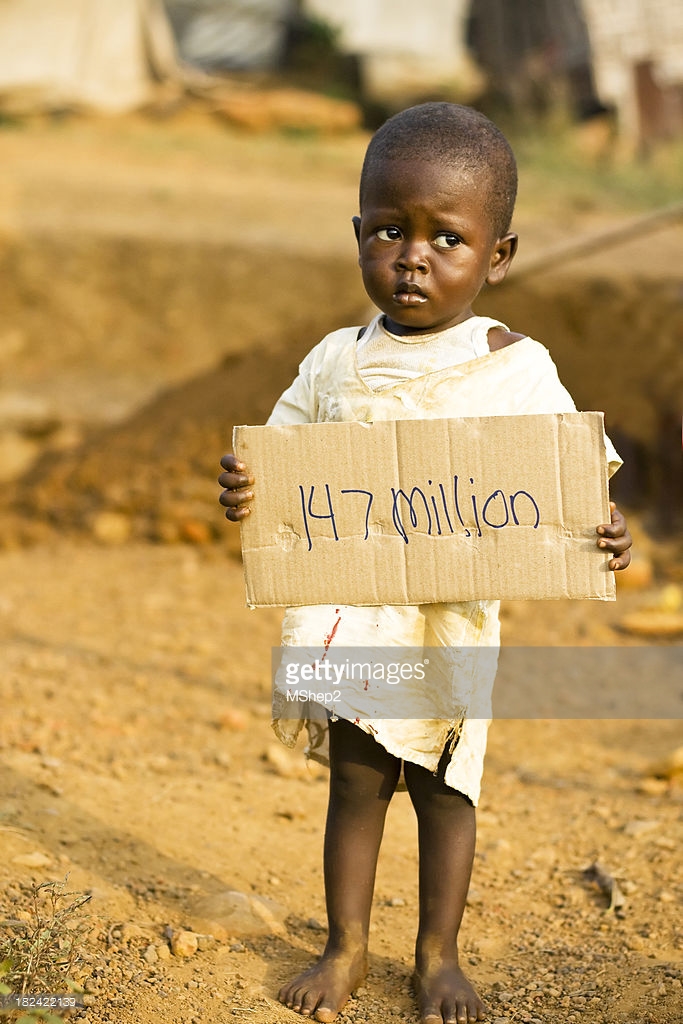
- No information about deprivation or restriction of parental rights, cancellation of adoption, removal from the duties of a guardian.
If there are several people wishing to adopt a child, his relatives will have the priority right, but taking into account the interests of the adoptee: they are expressed in trusting relationships, attachment to relatives, long-term cohabitation.
Community 24.05.22
How is the secrecy of adoption protected in Russia?
Next, I will tell you what documents future parents will need to collect and how the adoption procedure goes.
Step 1
Get to know the guardianship authorities at your place of residence As a rule, there is an adoption specialist in each district municipality. He can work both at the education department and at the department of social protection of the population: this needs to be clarified in the social protection or education authorities at the place of residence.
In some cities, for example, in St. Petersburg, Vladimir, Krasnoyarsk, special adoption and guardianship centers have been created, where future adoptive parents are assisted in paperwork, passing medical examinations, and selecting children. Such an integrated approach greatly simplifies and speeds up the entire procedure.
Center for Family and Children Assistance, St. Petersburg
Center for the Development of Family Forms of Education, Krasnoyarsk
Center for Psychological, Pedagogical, Medical and Social Assistance, Vladimir
At the first visit, candidates for adoptive parents should simply talk with an employee of the guardianship authority is, in fact, an acquaintance. The task of a specialist is to listen to you, to find out the motive for adoption, to understand how fully you understand the responsibility of such a step, whether your housing, family and material conditions meet the requirements of the law.
The guardian must explain your future rights and obligations in relation to the adopted child, the procedure for the adoption procedure, answer questions, and issue the necessary forms, referrals and a list of documents.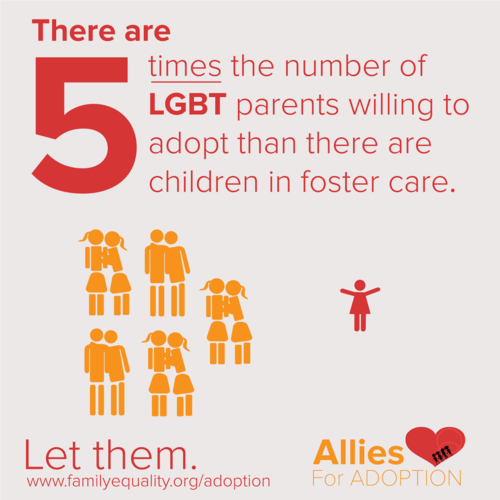 Here it is:
Here it is:
- A copy of the adoptive parent's marriage certificate, if he is not married, then a copy of the birth certificate: sometimes the court asks him to see if the adoptive parent's surname has changed.
- Passport copies.
- Original and copy of the medical certificate for each of the adoptive parents.
- Certificate of criminal record or non-conviction.
- When a child is adopted by one of the spouses, the consent of the other spouse or a document confirming that the spouses have terminated family relations and have not lived together for more than a year.
- Certificate from the place of work on the position held and salary, or a copy of the income statement or other document confirming the income of the adoptive parent or family of adoptive parents.
- Documents confirming the right to use the residential premises or the ownership of the residential premises.
- Certificate of completion of training for persons wishing to adopt a child left without parental care into their family.

- Curriculum vitae (needed only for the guardianship authority).
The main part of the documents is required to obtain an opinion from the guardianship authorities on the possibility of being an adoptive parent. Later, they will also be needed to apply for adoption to the court. Documents for the child will be prepared by guardianship officials.
Step 2
Obtain a certificate of no criminal recordI recommend that you start collecting documents from this certificate. Since the request is sent to the Main Information Center of the Ministry of Internal Affairs, a response will have to wait from a week to a month.
An application for issuing a certificate can be filled out at the MFC or independently on the public services portal.
/guide/ne-sudim/
Why do you need a certificate of non-conviction
To order a certificate through the public services portal, you need to go to your personal account and select the public service: "Obtaining a certificate of the presence (absence) of a criminal record. " Source: gosuslugi.ru This is what a certificate of no criminal record looks like
" Source: gosuslugi.ru This is what a certificate of no criminal record looks like Step 3
Pass a medical examinationPeople without serious health problems can take a child from an orphanage.
The list of diseases preventing adoption includes:
- Tuberculosis - patients of the 2nd and 3rd dispensary groups.
- Infectious diseases such as HIV.
- Mental disorders.
- Drug and alcohol addiction, substance abuse.
- Malignant tumors of the third and fourth degree.
- First disability group.
List of diseases that make it impossible to adopt a child
A referral form for a medical examination is issued by the guardianship and guardianship authorities along with a list of documents for adoption.
It will not be possible to pass an examination in private clinics: according to the law, only state medical institutions are engaged in this, and free of charge. The medical report will be valid for six months from the date of its approval by the chief physician or the head of the polyclinic.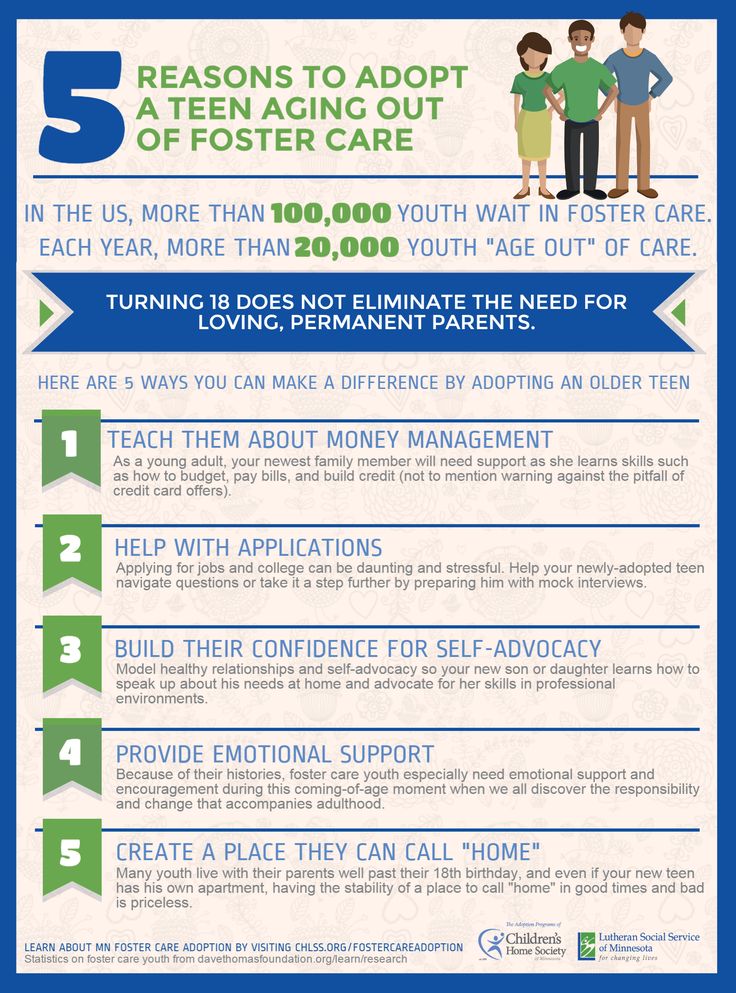
Medical examination procedure and conclusion form
What is included in the medical examination - public services website
To avoid misunderstandings, immediately after issuing the completed form, you must carefully check whether everything is in order with the execution. In particular, the conclusion of each doctor must be certified by the round official seal of the institution.
A list of examinations and examinations that you will definitely need to pass. Source: gosuslugi.ru Conclusion form, which is issued to future adoptive parentsStep 4
Obtain a certificate of income and positionAdoptive parents must prove to the specialists of guardianship authorities the ability to financially support the child.
To do this, you will need to provide a certificate from the place of work on salary and position or copies of the income declaration certified by the tax office. The certificate is prepared in free form indicating the salary and other payments for 12 months.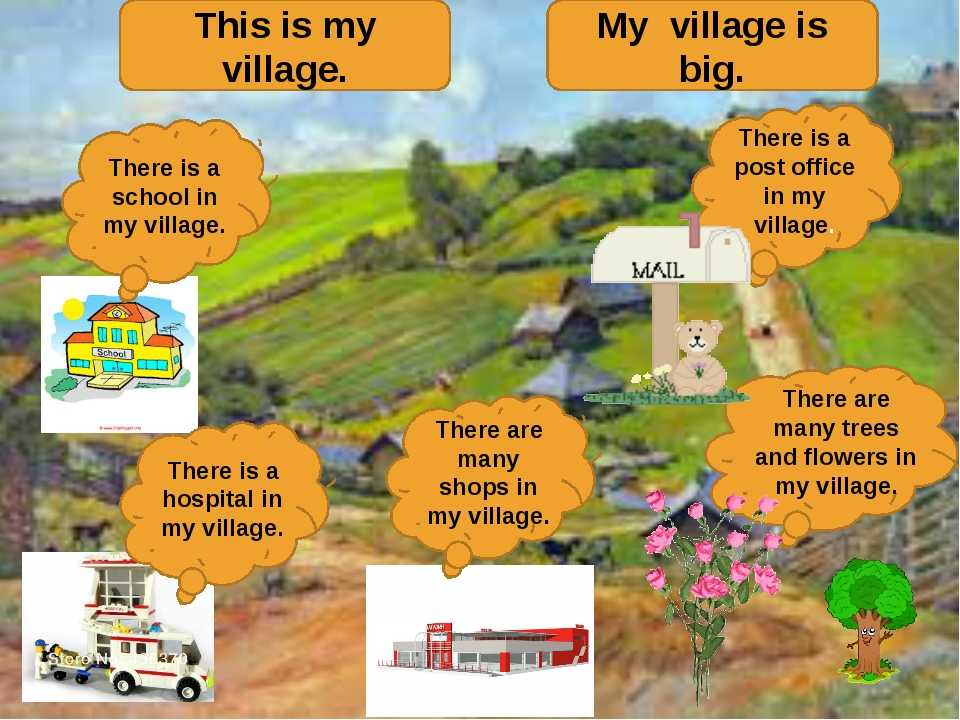
/prava/opecunam/
What rights do guardians have
Step 5
Write a CVCV is only for guardianship. It should reflect the main stages of the life path: education, marriages and divorces, labor activity. Based on this information, the specialist judges the stability of the financial and family situation of the candidate for adoptive parents, as well as his experience of communicating with children. An autobiography should not be too voluminous: one or two A4 pages is enough. The document can be either written by hand or printed on a computer.
CV must include:
- Personal information. Surname, name, patronymic; date and place of birth; information about parents or persons replacing them; information about sisters, brothers, if any; place of permanent registration and address of actual residence, if it differs from the address of registration.
- Education. Basic education - years of study, school number and city where one is located.
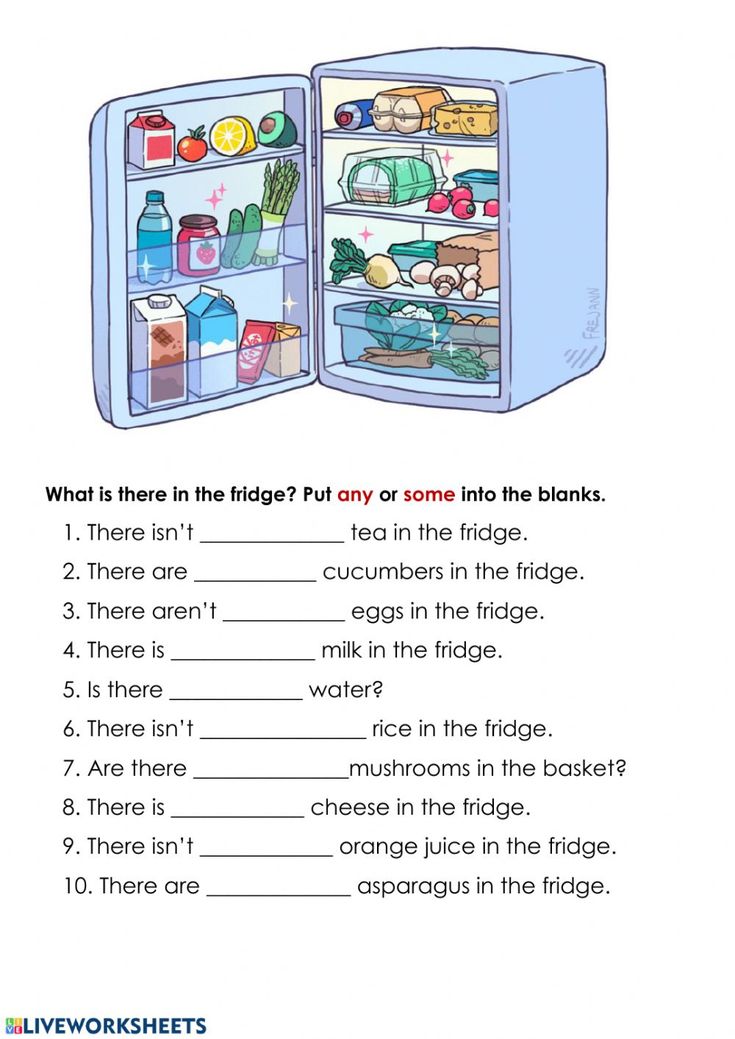 Higher education (if any) - years of study, name of the university, specialty.
Higher education (if any) - years of study, name of the university, specialty. - Professional activity. Beginning of work experience - place of work and profession; listing periods of work and the name of employers, positions. The last place of employment is included with an indication of the position and salary; awards or events that positively characterize the candidate.
- Marital status. Family composition: spouse, children (last name, first name, patronymic, date of birth, occupation). Data on previous marriages and divorces (if any): information about spouses and children born in these marriages; the facts of changing the surname (if any) indicating the reason and the previous surname.
- Personal hobbies and additional information. Creative, sports, achievements in them; participation in public organizations, volunteer movement, awards and promotions; experience working with children or helping elderly relatives.
It is also necessary to briefly explain the reason for contacting the guardianship department.
Step 6
Complete a course or school for adoptive parentsThe list of required documents for adoption includes a certificate of completion of a program of psychological, pedagogical and legal training, or a school for future parents.
Art. 127 SK RF
Only close relatives of the child, namely grandparents, older full and half brothers and sisters, stepfathers and stepmothers, as well as those who are already a guardian, trustee or adoptive parent, can not be trained.
At school, prospective adoptive parents are helped to understand if they are ready for this serious step, and to figure out what form of guardianship will suit them; introduce the legislation, talk about the psychological difficulties that children and adults face both during the period of adaptation and after.
The length of study depends on the school: the course can last from 56 to 80 academic hours. At the end of the final certification: after it, future adoptive parents will be issued a certificate of completion of training.
/child-custody/
I took three children from the orphanage
You can study for free at any school, regardless of the place of registration.
Foster Parent School Certificate FormStep 7
Obtain a Housing Inspection CertificateWhen all the documents are collected and transferred to the guardianship authorities, the adoptive parents will be assigned an inspection check of the housing and living conditions.
The guardian must inspect the housing and assess whether the child can live there. If other people live in an apartment or house in addition to the adoptive parents, guardianship workers will take an interest in their state of health and the relationship that connects them with the candidates for adoptive parents.
For verification, potential adoptive parents submit:
- An extract from the USRN confirming the ownership of housing or a contract of social or commercial employment.

- Information on the number of residents registered in the housing area.
/guide/get-egrn/
How to get an extract from the USRN
Adoptive parents should not submit other documents. The conclusion on the possibility of being a candidate for adoptive parents and registration takes place within ten days after checking the housing conditions.
What should be the place of residence of the adoptive parent. The place of residence of a person wishing to adopt a child does not have to coincide with the place of his registration. But permanent registration is required. If the candidate rents an apartment, then he must provide a rental agreement for a period of more than one year. If living with relatives - a written agreement between them for the right to use.
A room in a hostel or apartment cannot be considered a permanent place of residence, no matter how comfortable it may be.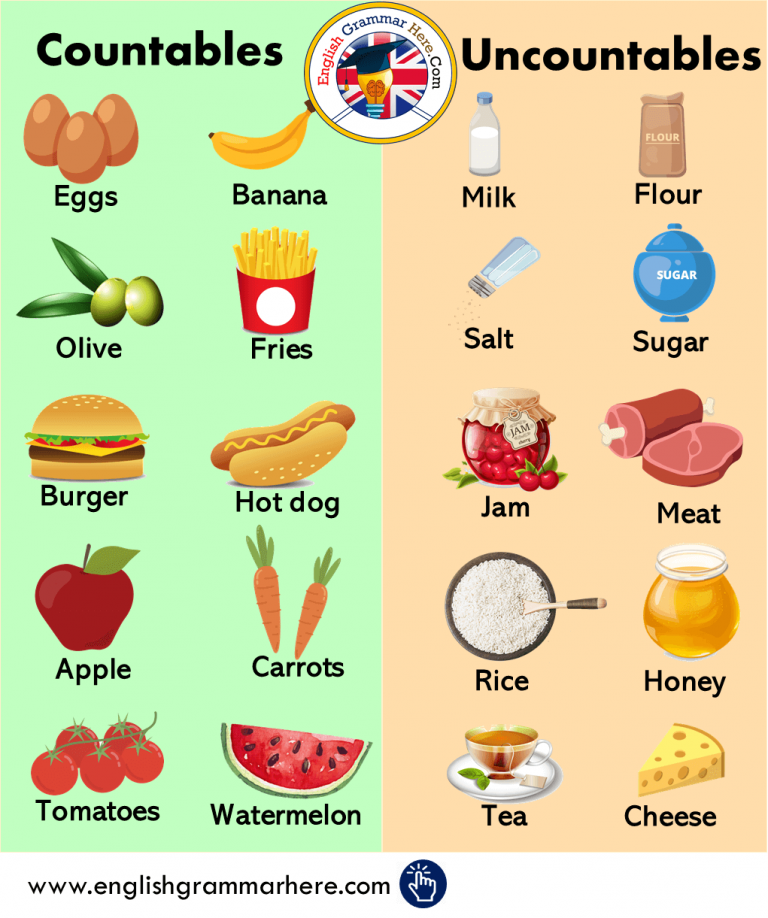
What should be the living conditions. In order for the child to live safely for his health and development, the living space of the adoptive parent must comply with sanitary standards. The main criterion is the availability of communal amenities: water supply, sewerage, central heating, gas supply, and so on.
Guardianship authorities can evaluate this without involving SES, BTI and other third-party organizations.
There are no federal restrictions on the size of housing for adoptive parents - the issue is at the mercy of the regions. For example, in Moscow, there should be at least 18 m² per person. But even when this rule is not observed, the final decision remains with the court: if the adoption is in the interests of the child, permission can be given to families with a smaller apartment area.
Art. 50 ZhK RF
Law on amendments to the RF IC
Step 8
Find a child for adoption To select a child, candidates can apply, at their choice, to any municipality in which the orphanage is located, to the regional operator, which is in each subject RF or to the Federal Data Bank on orphans and children left without parental care. But the law does not prohibit the independent search for a child in orphanages. You can also search for a child before the candidate receives a conclusion on the possibility of being an adoptive parent, but they will not give a referral to meet with the child until that moment.
But the law does not prohibit the independent search for a child in orphanages. You can also search for a child before the candidate receives a conclusion on the possibility of being an adoptive parent, but they will not give a referral to meet with the child until that moment.
Federal Child Data Bank
When and which child can be adopted. A child with the status of an orphan or a child left without parental care can be adopted at least a day before his or her majority.
Requirements for adoptive parents do not depend on the age of the child they want to take into the family. But if the case concerns a baby, whom the mother abandoned in the maternity hospital, then from her, as a legal representative, an additional statement of consent to adoption will be required.
Community 26.04.22
Is it possible to adopt an adult?
This is how the statement of consent to adoption looks like, which the biological mother writes in the maternity hospital What are the health groups of children during adoption.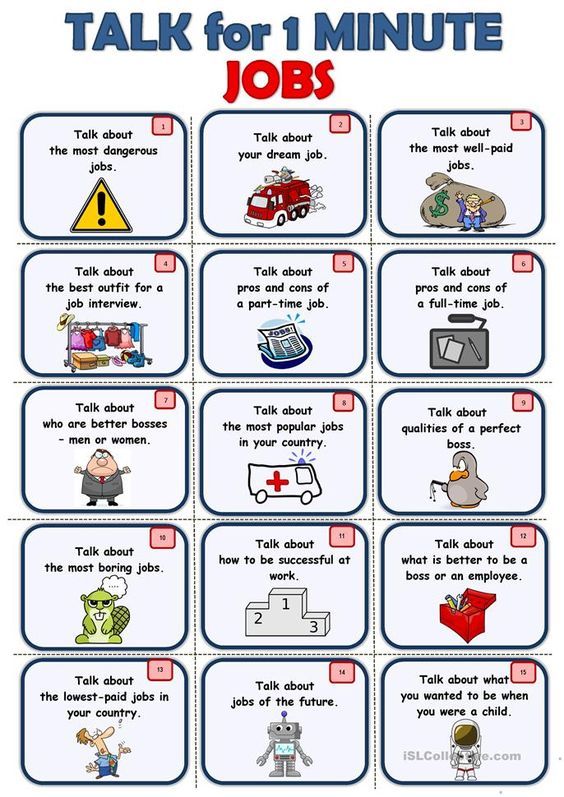 Health groups is a scale that determines the state of the body and the development of the child. This information is provided to adoptive parents by the regional operator of the database of orphans.
Health groups is a scale that determines the state of the body and the development of the child. This information is provided to adoptive parents by the regional operator of the database of orphans.
There are five health groups:
- The child is absolutely healthy.
- Practically healthy children without chronic diseases, but with some functional disorders. For example, children who have had severe and moderate infectious diseases, children with a general delay in physical development without endocrine pathology - short stature, low or overweight. The same group includes frequently ill children and children with noticeable consequences of injuries or operations.
- Children with mild curable pathologies and chronic diseases with rare exacerbations, who are in remission at the time of the examination.
- Children with chronic diseases, injuries or operations that limit the child's life or require supportive care.
- Children with disabilities.
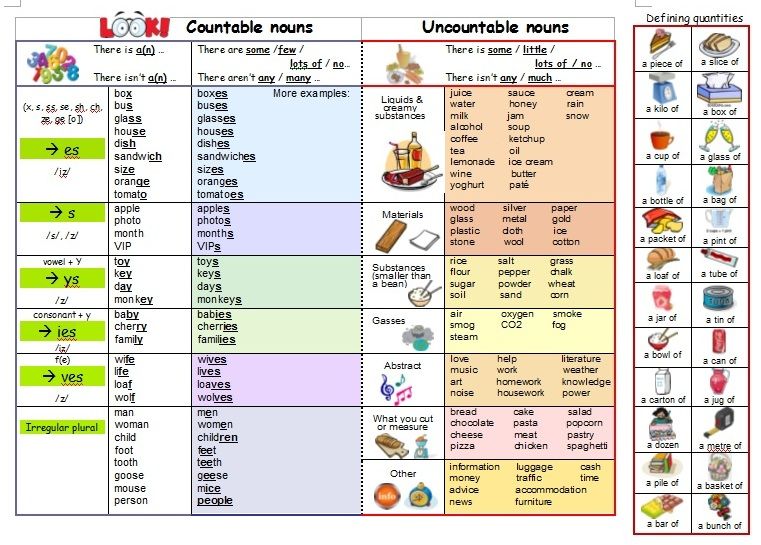
Pathologies in children are not an obstacle to adoption. However, before you take a child with a complex diagnosis, you need to soberly assess the strengths and capabilities. It is better to consult with specialists in advance on how to organize the process of education. You can also discuss this topic with foster parents whose families have children with similar diagnoses.
Completely healthy orphans are rare in life. Children of the first and second health groups, as a rule, are babies who are abandoned in the maternity hospital by very young mothers. Basically, children of the third group are taken to families, and orphans of the fourth and fifth groups often remain in children's homes.
/plastic-lids-help-kids/
How I became a foster mother to three girls
How is the meeting with the child. After the child is found, prospective adoptive parents go to the guardianship to which the specific institution belongs, or to the operator of the regional data bank through which the information was received, clarify the details and request a referral for a face-to-face visit.
The referral is valid for 10 days, during this time, future parents can see the child one or more times, talk with his caregivers, pediatrician, psychologist. A conversation with the institution's specialists takes place before meeting the child. If, after this conversation, the failed parents turn around and leave, the child will not be traumatized by failure.
The law does not limit the number of referrals issued, that is, the search continues until the future adopter finds "his" child. A child who is ten years old will also have to express his opinion: agree in writing to a family placement or refuse it.
Art. 132 SK RF
At the end of the ten-day period, the candidate for adoptive parents will have to write on the referral one of the words that can radically change their future life: “I refuse” or “I agree”. If it was possible to find contact with the child and the consent in the guardianship authorities was recorded, the next step is to file an application with the court.
Step 9
Apply for adoption to the courtThis is a rather formal process: you need to come to the court during office hours, submit the documents according to the list, get their list in your hands and wait for the notice of acceptance of the case for proceedings, appointment of the court date. You don't need to pay state duty.
sign. 14 p.1 art. 333.36 TC RF
By law, the maximum period for consideration of an application is two months from the date of its acceptance in the office. But the judges, as a rule, schedule a hearing for the next possible day.
How is the court session. Adoption cases are handled in a special manner. The adoptive parent, the representative of guardianship, the prosecutor and the child, if he is over 14 years old, must necessarily participate in the process.
/prava/prava-deti/
Rights of children under 18
Usually, the court decision comes into force 10 days after the date of issue: only from this time do mutual rights and obligations arise between the adoptive parent and the child.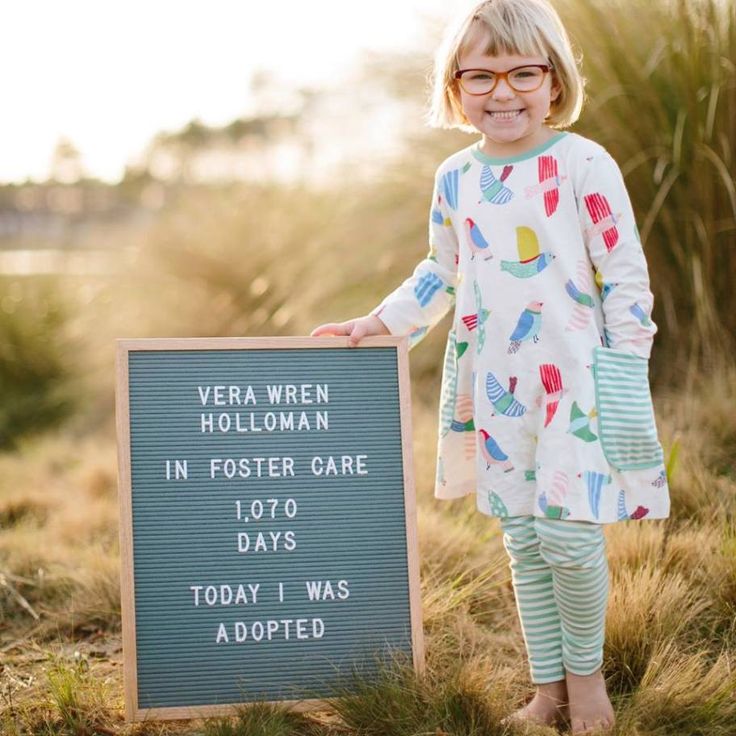 If there are special circumstances and there are no objections on the merits of the case from all the participants, the judge may decide on the immediate execution of the decision: for example, if something threatens the life and health of the child and he needs urgent hospitalization.
If there are special circumstances and there are no objections on the merits of the case from all the participants, the judge may decide on the immediate execution of the decision: for example, if something threatens the life and health of the child and he needs urgent hospitalization.
An adopted baby can be taken home immediately after a positive adoption decision has been made by the court. Then the maternity hospital should issue a postpartum sick leave from the date the decision comes into force when the baby reaches the age of 70 days, and if two or more children are adopted, 110 days. A sick leave is needed to apply for maternity leave at the work of one of the adoptive parents.
Art. 157 Labor Code of the Russian Federation
Step 10
Obtain an adoption registration certificateThe next step is to obtain an adoption certificate and a new birth certificate from the registry office.
ch. V Federal Law on acts of civil status
The child is registered at the place of residence of the adoptive parents.
When can an adoption be canceled and parental rights deprive
Most often, cancellation occurs due to the guilty behavior of the adoptive parents. For example, if they shirk parental responsibilities, abuse their rights, abuse a child, abuse alcohol or take drugs.
A claim for the annulment of an adoption may be filed by the adoptive parents themselves, the guardianship and guardianship authorities, the prosecutor and the child if he has reached the age of 14.
Art. 142 SK RF
However, the court has the right to cancel the adoption even if there are no violations on the part of the adoptive parents.
Such cases include the identification of hereditary developmental abnormalities in a child that make it difficult or impossible to bring up. As a rule, when receiving an expert medical opinion on an adoptee, the future adopter confirms in writing his consent to familiarize himself with the diagnosis of the child and the history of the mother.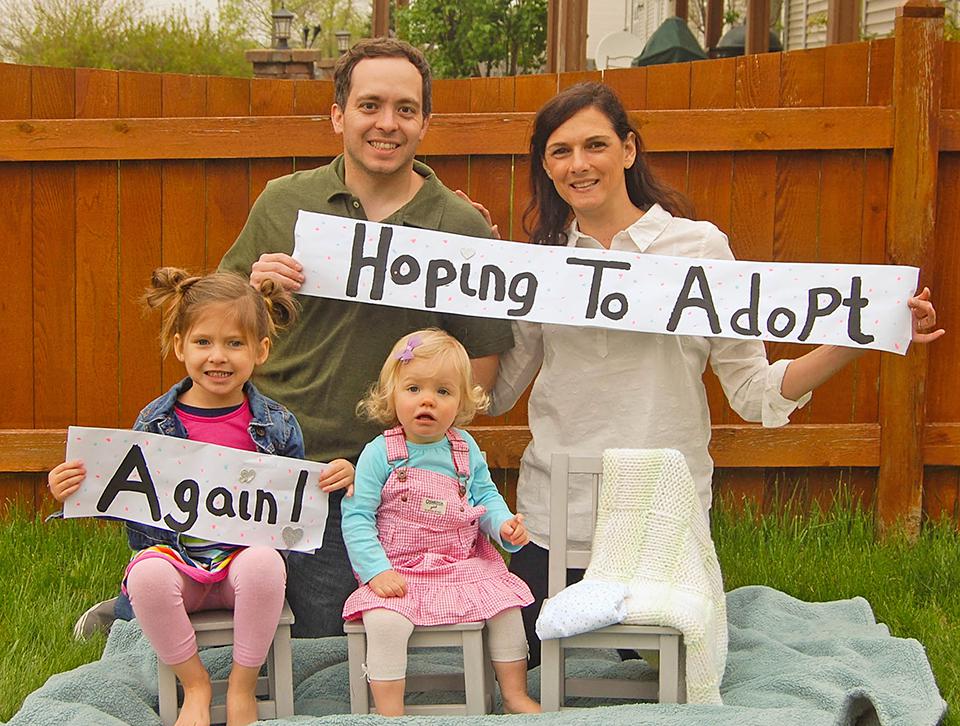 If the violation was not listed in the document and appeared later, or the adopter for some reason was not notified under the signature about the presence of a pathology in the child, the adoption may be canceled.
If the violation was not listed in the document and appeared later, or the adopter for some reason was not notified under the signature about the presence of a pathology in the child, the adoption may be canceled.
/guide/lishenie-parent/
Why they can deprive of parental rights
But in my life I came across the fact that adoptive parents became attached to children and even when a serious illness was detected, they left them in the family.
Adoption in brief
- Before adopting a child, you need to analyze your motives, weigh the pros and cons.
- When visiting guardianship authorities and other authorities, be sure to ask and write down the last name, first name, patronymic of the specialist, as well as his position. You are required to provide this information. This way you will show that you are competent in matters of communication with officials and are able to appeal against illegal actions.
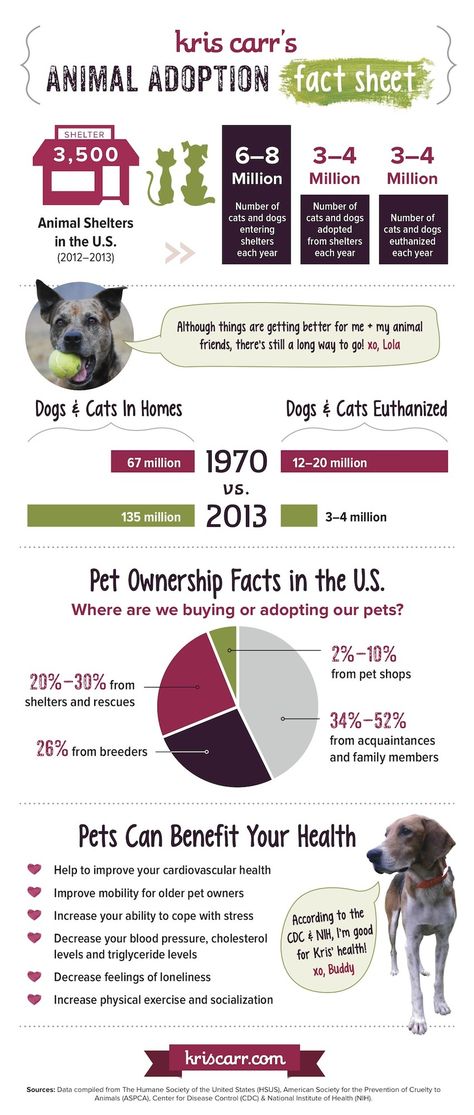 In the future, this may be useful for contacting higher and regulatory authorities.
In the future, this may be useful for contacting higher and regulatory authorities. - Submission of applications, medical examinations of adoptive parents and children, obtaining all certificates - all this is free for future adoptive parents. The court fee is also not charged.
- You can study at any school for foster parents, regardless of the place of registration.
- A child can be adopted not only by a married couple, but also by unmarried people. The main thing is that they comply with the requirements established by law.
- The conclusion on the possibility of being a candidate for adoptive parents is valid for two years.
What do adoptive parents get in the USA - Newspaper Kommersant No. 34 (5066) dated February 26, 2013
12K 4 min. .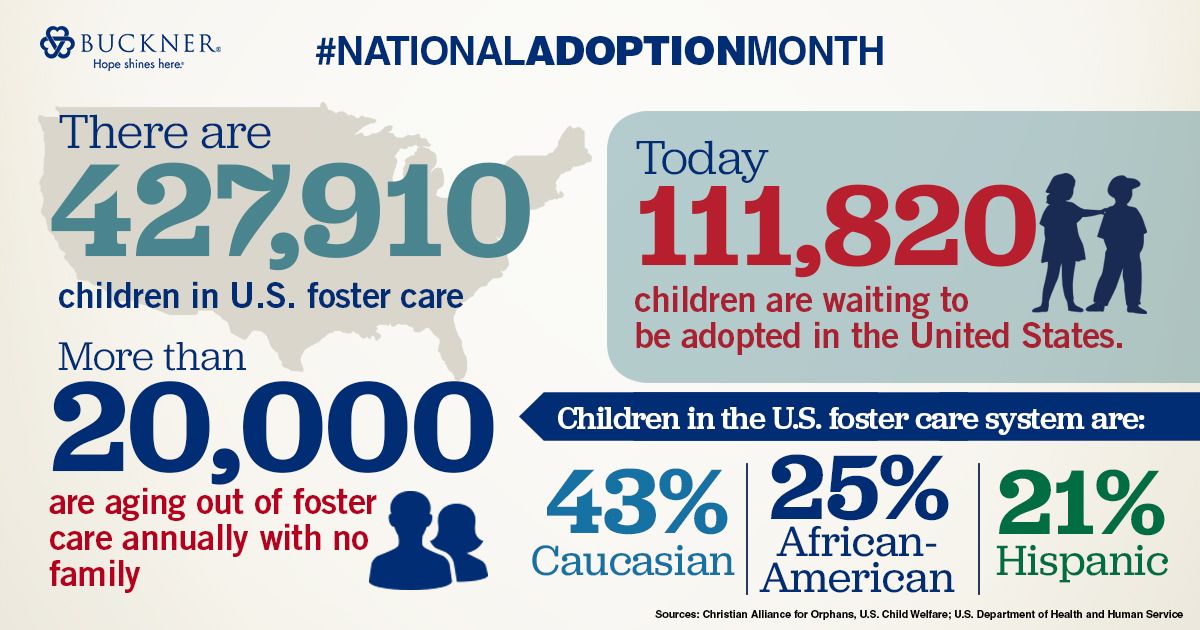 ..
..
In the US, laws have been in place for many years to encourage foster care for children without parental care. "Kommersant" found out how this affects the solution to the problems of orphanhood.
Previous photo
Photo: Kommersant / Alexander Miridonov / buy photo
Photo: Kommersant / Dmitry Lebedev / buy photo
Photo: Kommersant / Oleg Harseev
Next photo
1 / 3
Photo: Kommersant / Alexander Miridonov / buy photo
Photo: Kommersant / Dmitry Lebedev / buy photo
Photo: Kommersant / Oleg Harseev
When Jim and Jill Folstrom returned to Indianapolis, Indiana last fall with their two-week-old Texas adopted child, Eli Lilly & Co, where they had worked for more than five years, decided to partially reimburse them. The adoptive parents were given a check for $10,000 covering half of the costs of adoption. In addition, the Folstrom family was given a week of fully paid vacation. After that, Jill was able to go on four weeks of unpaid leave, which is usually given to mothers in the US after giving birth.
The adoptive parents were given a check for $10,000 covering half of the costs of adoption. In addition, the Folstrom family was given a week of fully paid vacation. After that, Jill was able to go on four weeks of unpaid leave, which is usually given to mothers in the US after giving birth.
According to a study conducted by the consulting company Hewitt Associates back in 1997, more than a quarter of employers considered it necessary to at least partially reimburse their employees for the costs of adoption. Among the main reasons, employers usually cite the high cost of adoption compared to conventional births. In the US, the vast majority of companies provide health insurance to their employees, so that the costs of medical care during pregnancy and childbirth are compensated by insurance companies. According to experts at the National Adoption Center, this is not charity. In exchange for financial assistance, companies get the opportunity to maintain the loyalty of employees.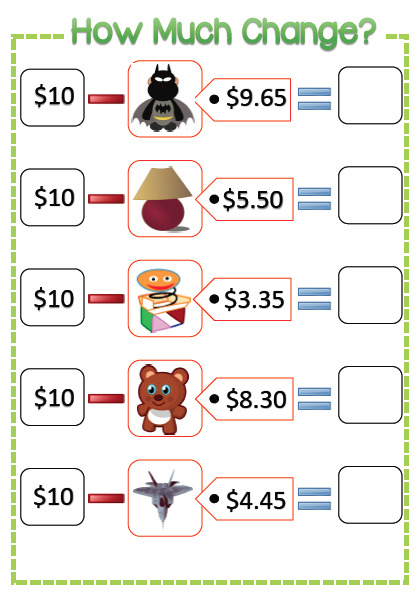
In addition, according to US tax law, the state partially compensates adoptive parents for the amount spent on adoption. In accordance with the American Taxpayer Relief Act of 2012, passed by Congress on January 2, this relief is permanent and cannot be revoked. Today, taking into account payments to the federal budget, as well as to the budgets of the city and state, the average tax rate in the United States is 36%. In the case of an adoption, the family receives a tax credit of $12,970 for each adopted child and can deduct this amount from the annual return. The amount can be reduced by 30% if the family earns more than $194.5 thousand per year. There are no tax breaks for those whose income exceeds $234.5 thousand. In addition, the adoptive family can apply to the tax authorities with a request to take into account the costs directly related to the adoption process. In this case, the costs of preparing the necessary documents, paying for agencies and lawyers, travel and payment of court fees and charges will be deducted from the taxable amounts.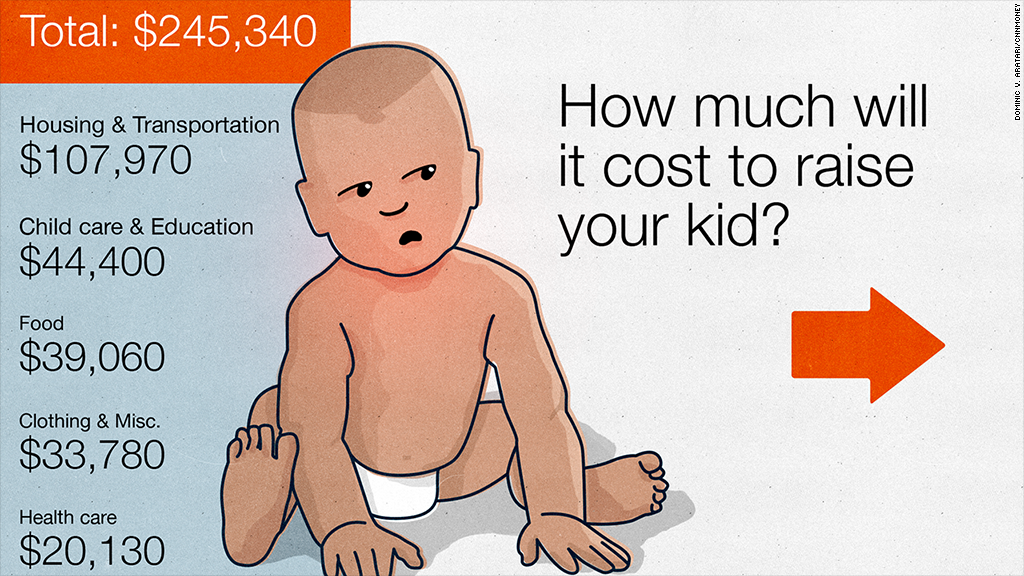
When it comes to adopting a child who needs medical or psychological help, adoptive parents can deduct more serious amounts from their tax returns. The authorities of most US states provide benefits of up to $25,000 to such families.
US foster care benefits are available in all states. They fall into several categories. According to the National Adoption Center, the adoption process costs adoptive parents between $10,000 (in the case of a child born in the United States) and $50-60,000 (in the case of a foreign adoption). There are national and regional waiting lists that list all pregnant women who, for various reasons, decide to abandon their unborn child. If, immediately after the birth of the child, the mother confirms that she is ready to give him up for adoption; authorities inform potential parents. The wait may take several years.
Federal assistance to adoptive families is covered by the Adoption and Safe Families Act of 1996. According to this document, state authorities have the right to determine whether a foster family needs financial and medical assistance.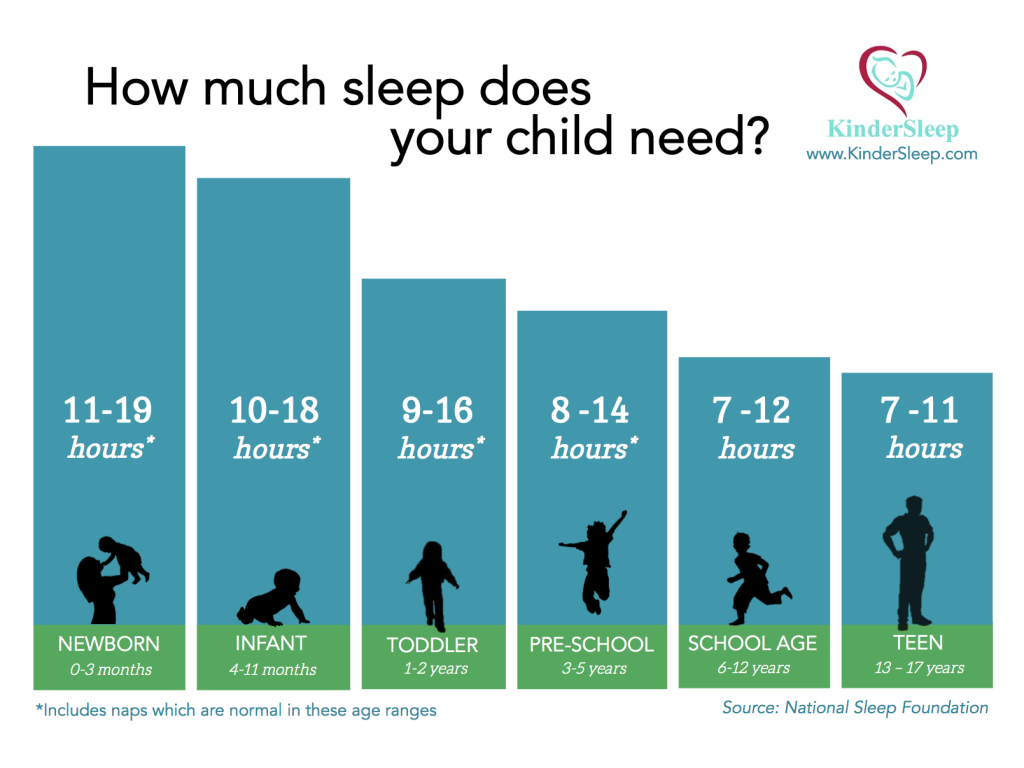 If the family income is deemed insufficient, then at the beginning of the adoption process, potential parents receive assistance in the amount of $200 to $2,000 to prepare the necessary documents and attend preparatory seminars.
If the family income is deemed insufficient, then at the beginning of the adoption process, potential parents receive assistance in the amount of $200 to $2,000 to prepare the necessary documents and attend preparatory seminars.
Social Services can help families get up to $50,000 in interest-free loans to help with adoption costs. Doctors have determined that until the age of 18 (or 21 in some states) a child may be eligible for free Medicaid, whether or not the parent's health insurance covers these costs.
Separate benefits for military families. If a child is adopted by such a family, the law provides for a one-time payment of up to $5,000 for each child. In addition, servicemen who decide to take sick children into their families are entitled to a monthly payment of $1,000. State employees also receive a one-time compensation of $5,000. In a number of states, similar benefits are provided for foster families. Usually in such families the child spends from one to three years. The authorities compensate "temporary" parents for the cost of clothing, food and education for their children. The average monthly check is $300-800, but can be significantly increased if the child needs expensive medical care.
The authorities compensate "temporary" parents for the cost of clothing, food and education for their children. The average monthly check is $300-800, but can be significantly increased if the child needs expensive medical care.
In each case, a parent's request for financial assistance will be reviewed by State Social Services. Payments are mandatory if the child has a serious illness, was adopted over the age of six, or belongs to an ethnic, racial or religious minority.
In 2001, more than 40 states in the United States passed legislation making tuition free for adopted children at state and community colleges and universities.
There are now 401,000 children left without parental care in the US, the lowest number in 20 years. The vast majority of these children live in foster families. According to the US Bureau of Children's Affairs, if in 2003 there were 130,637 children awaiting adoption, in 2011 this figure was 104,236 people. The average age of orphans is seven years old, 40% are white, 28% black and 22% Hispanic.


